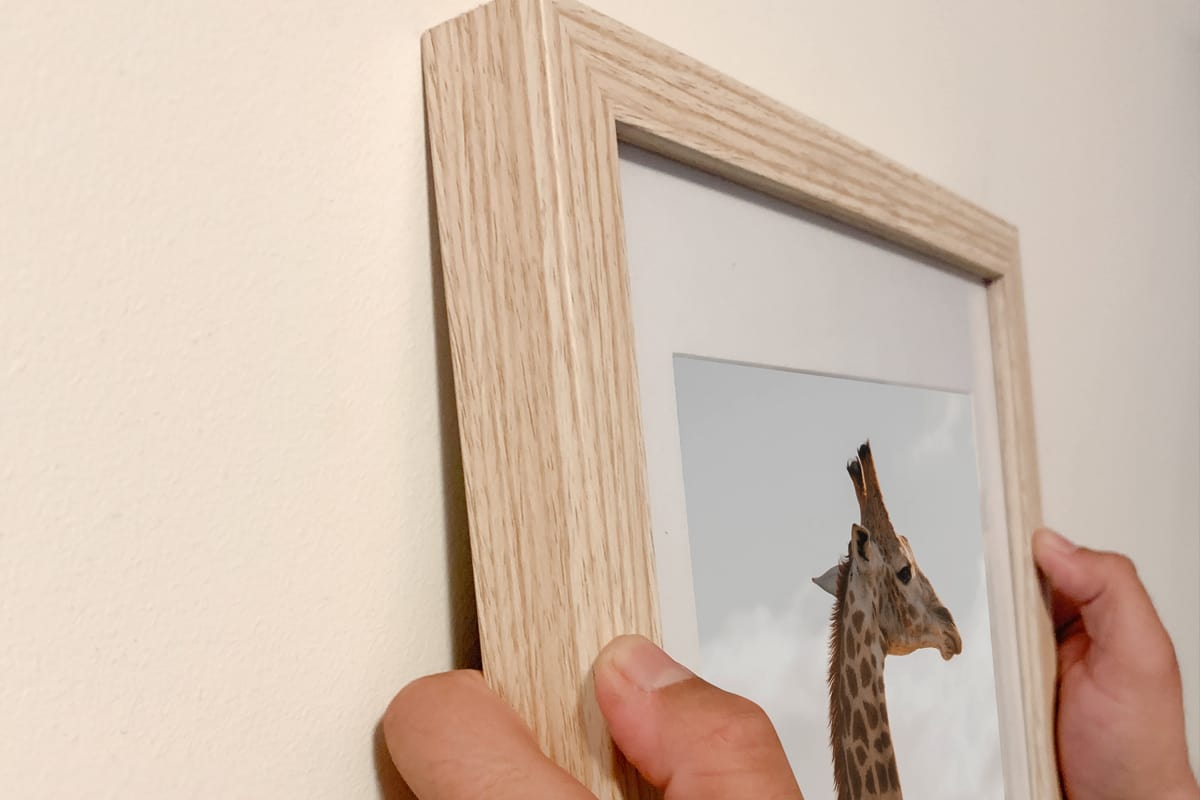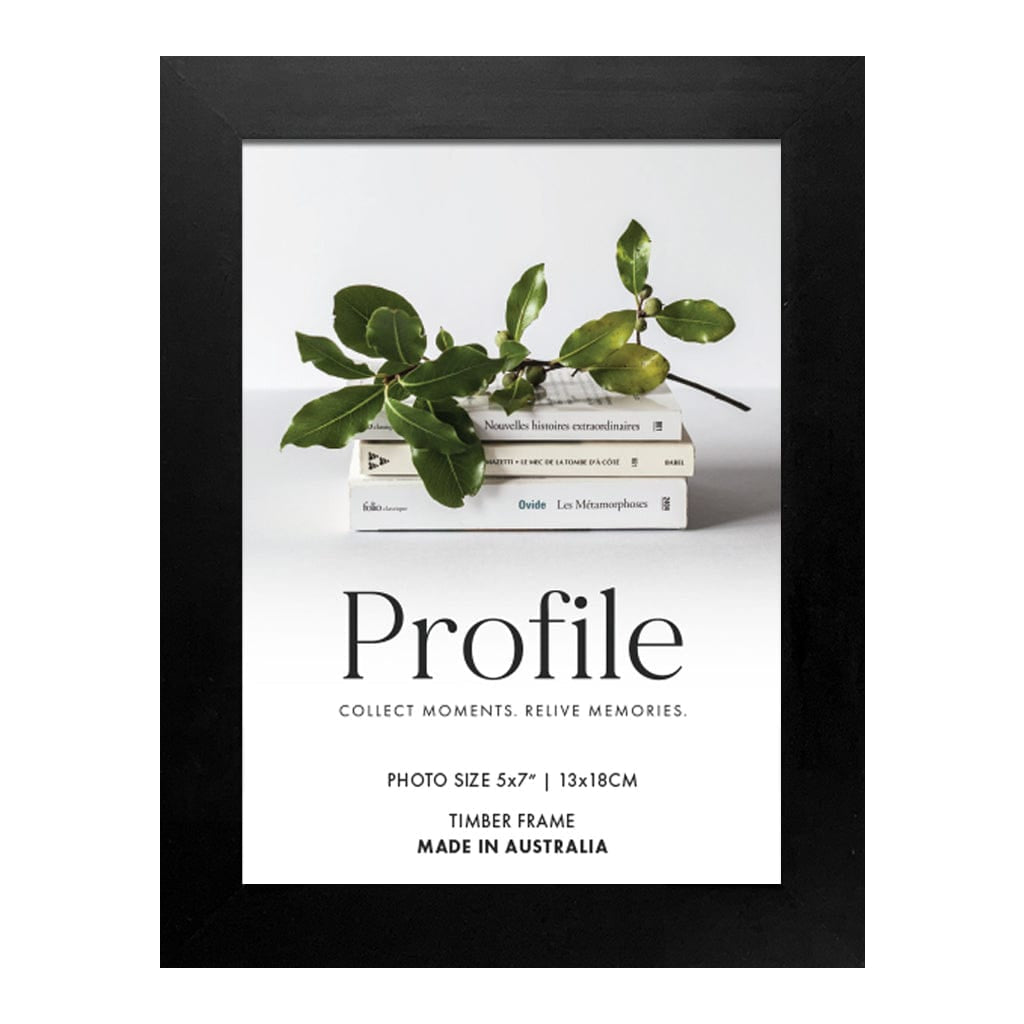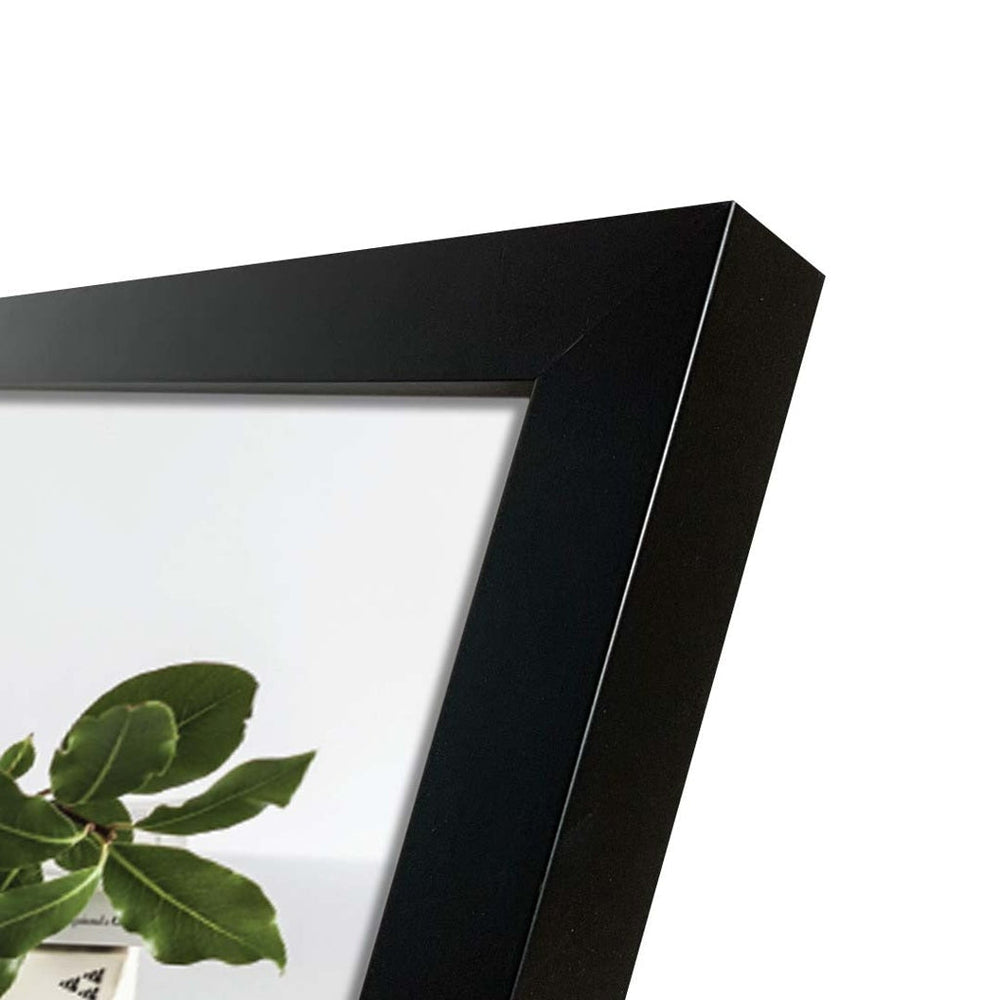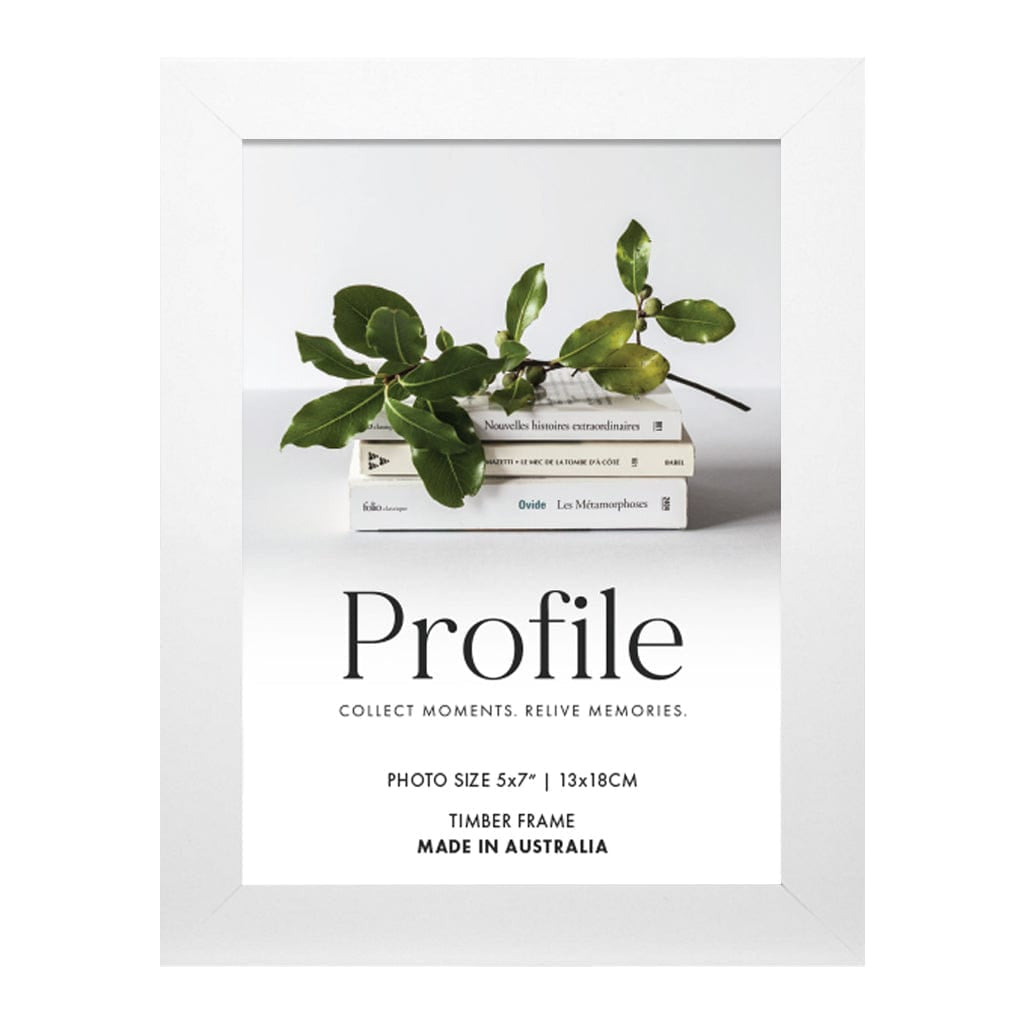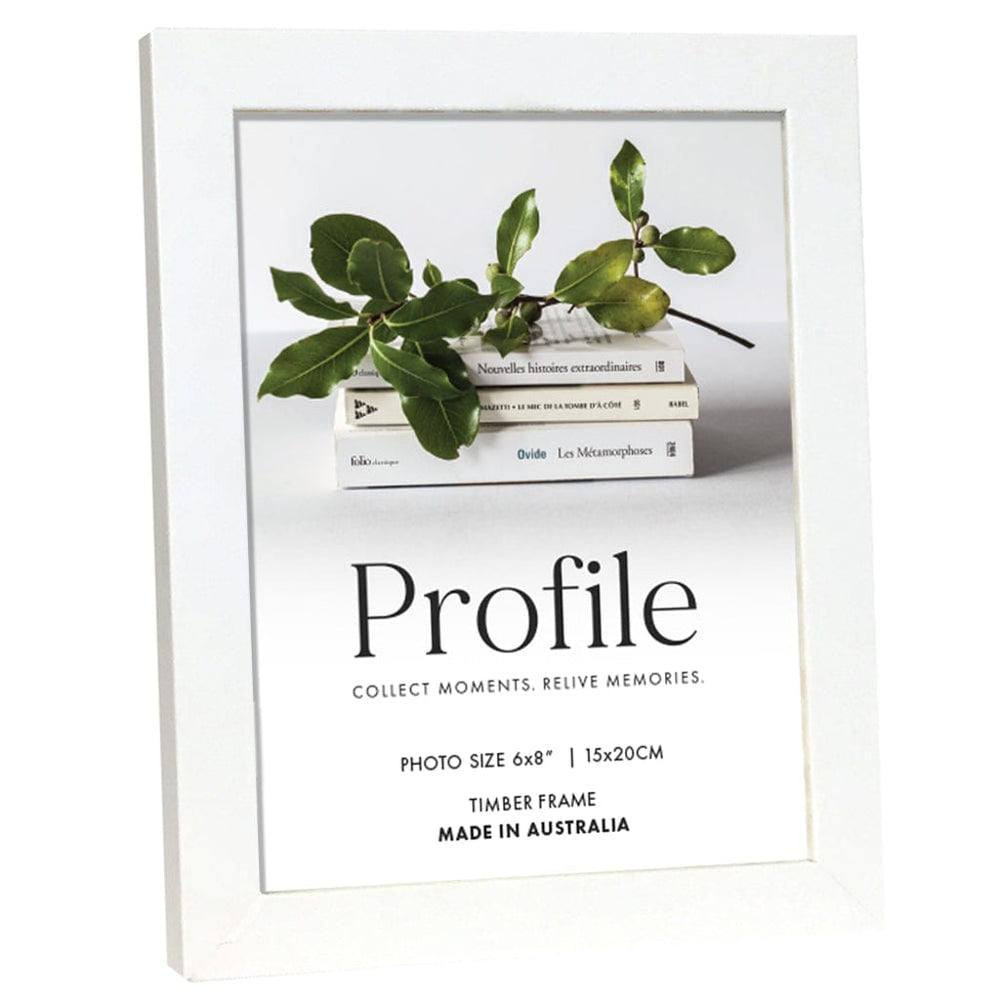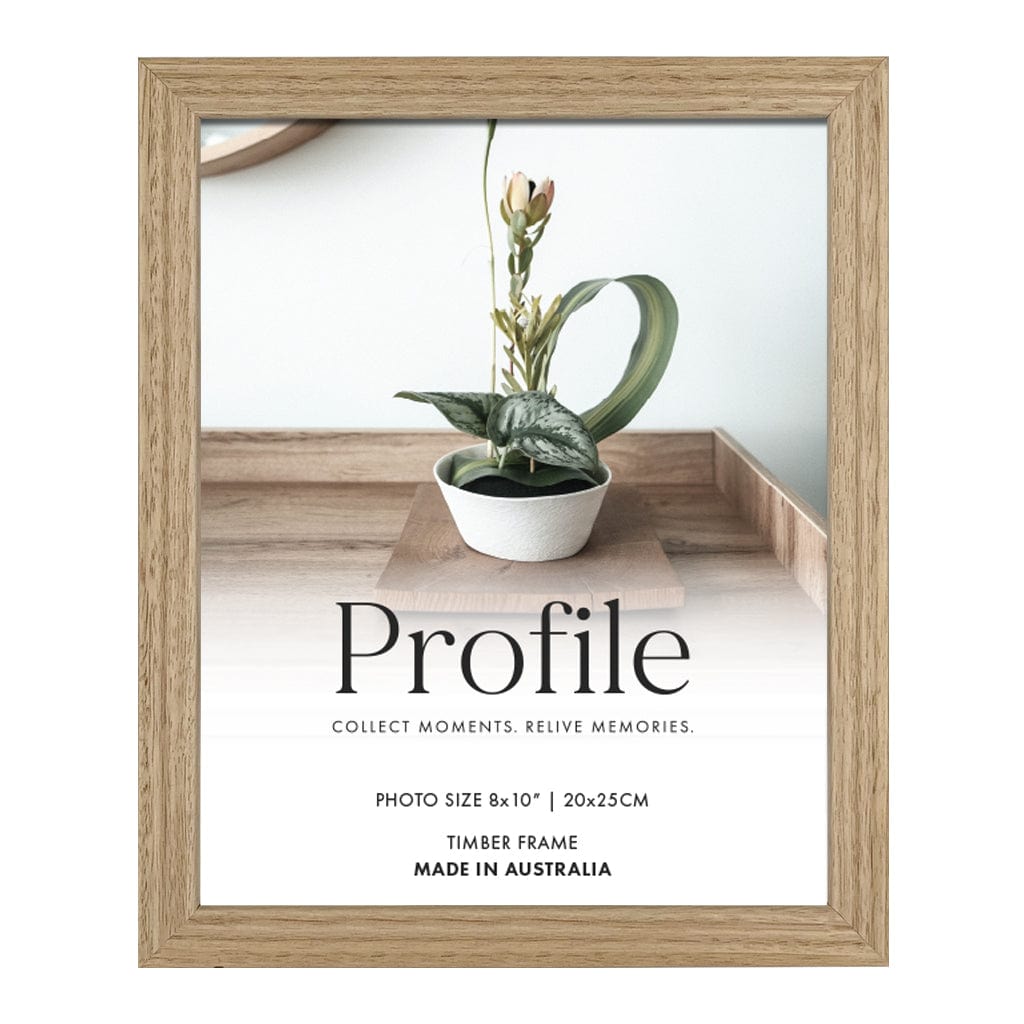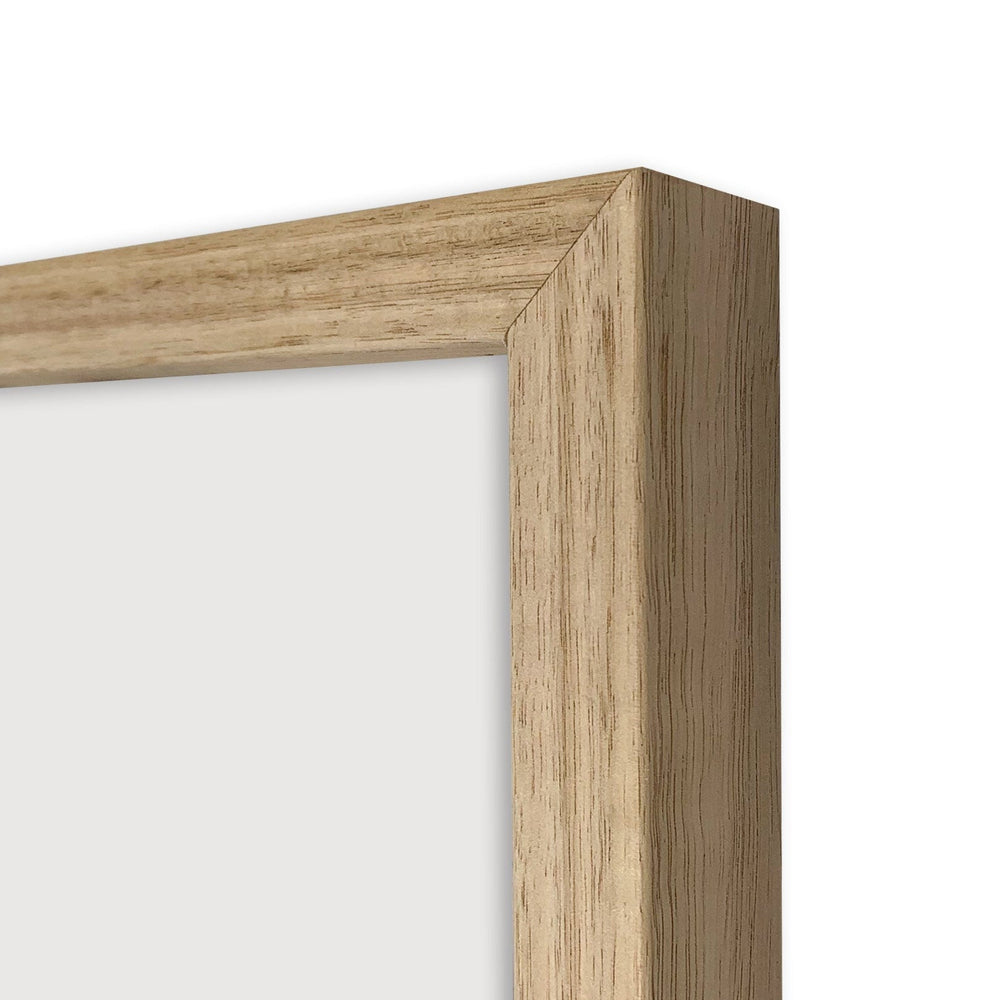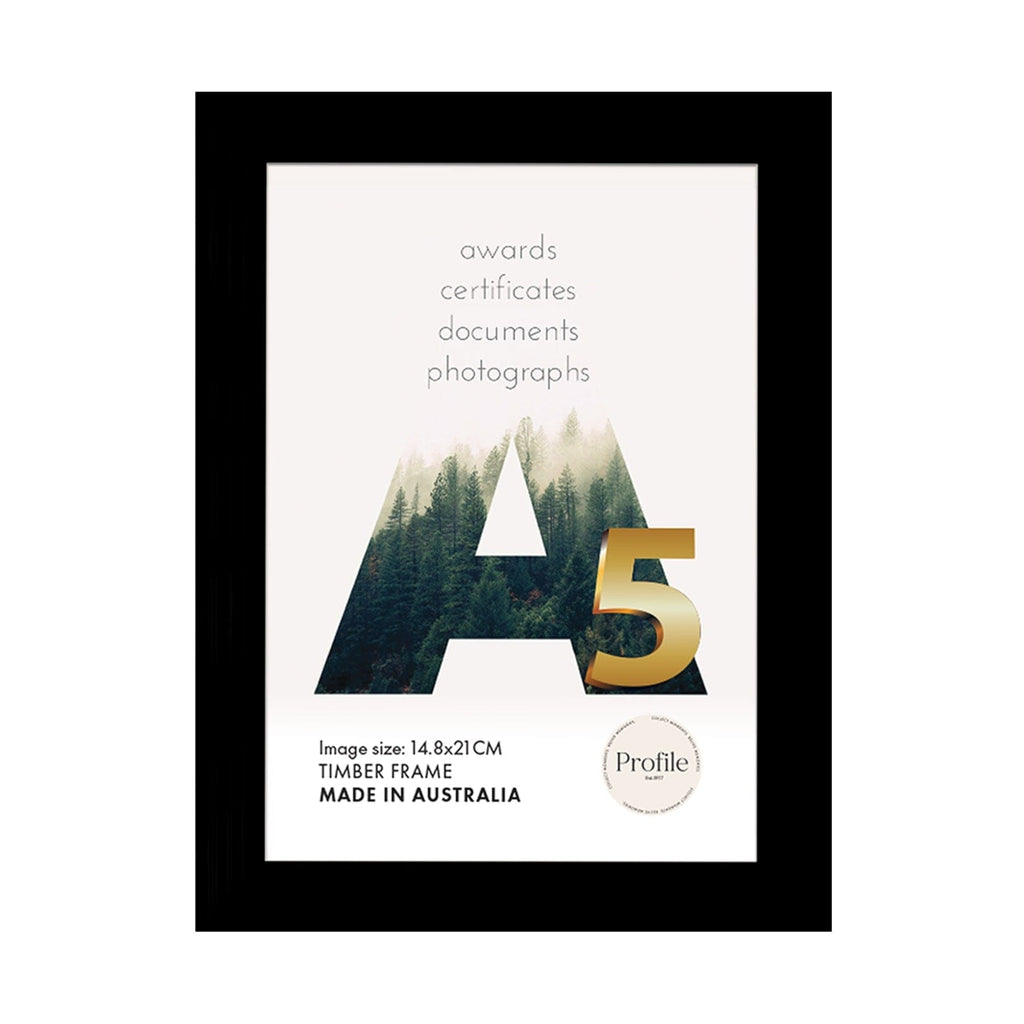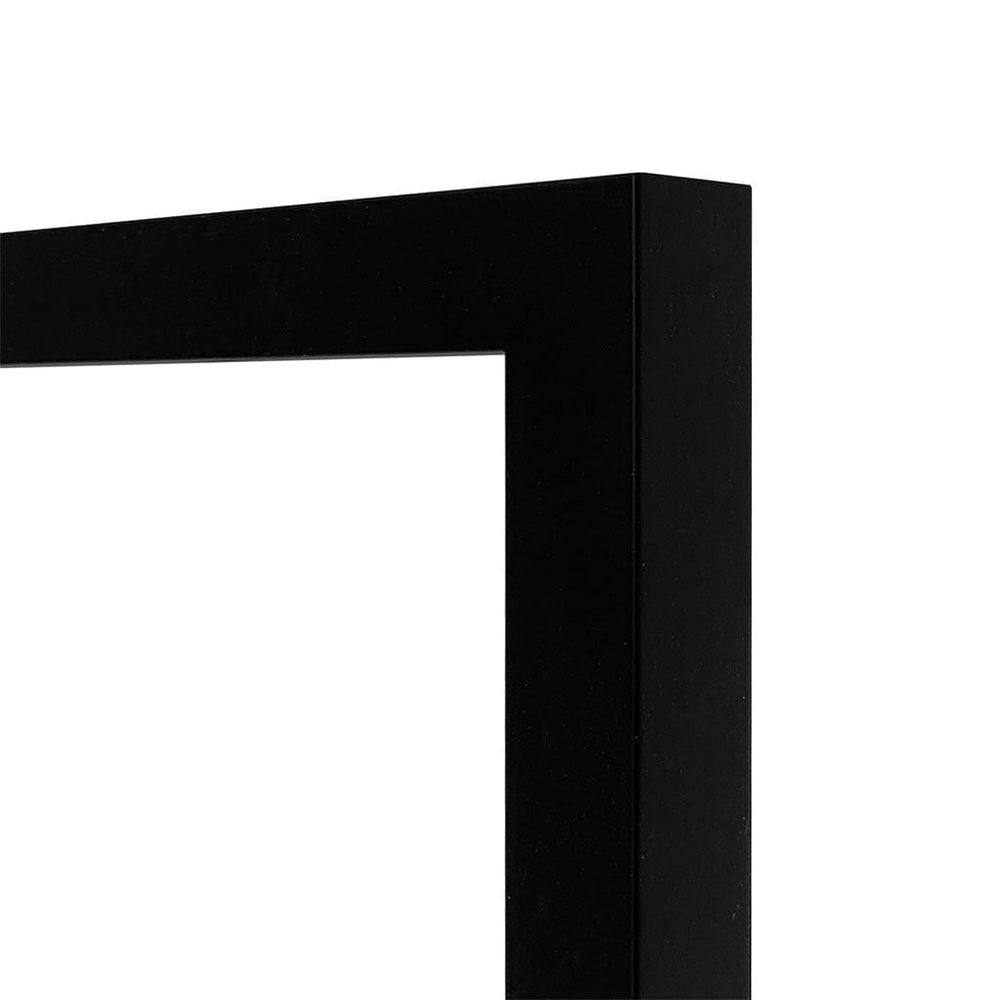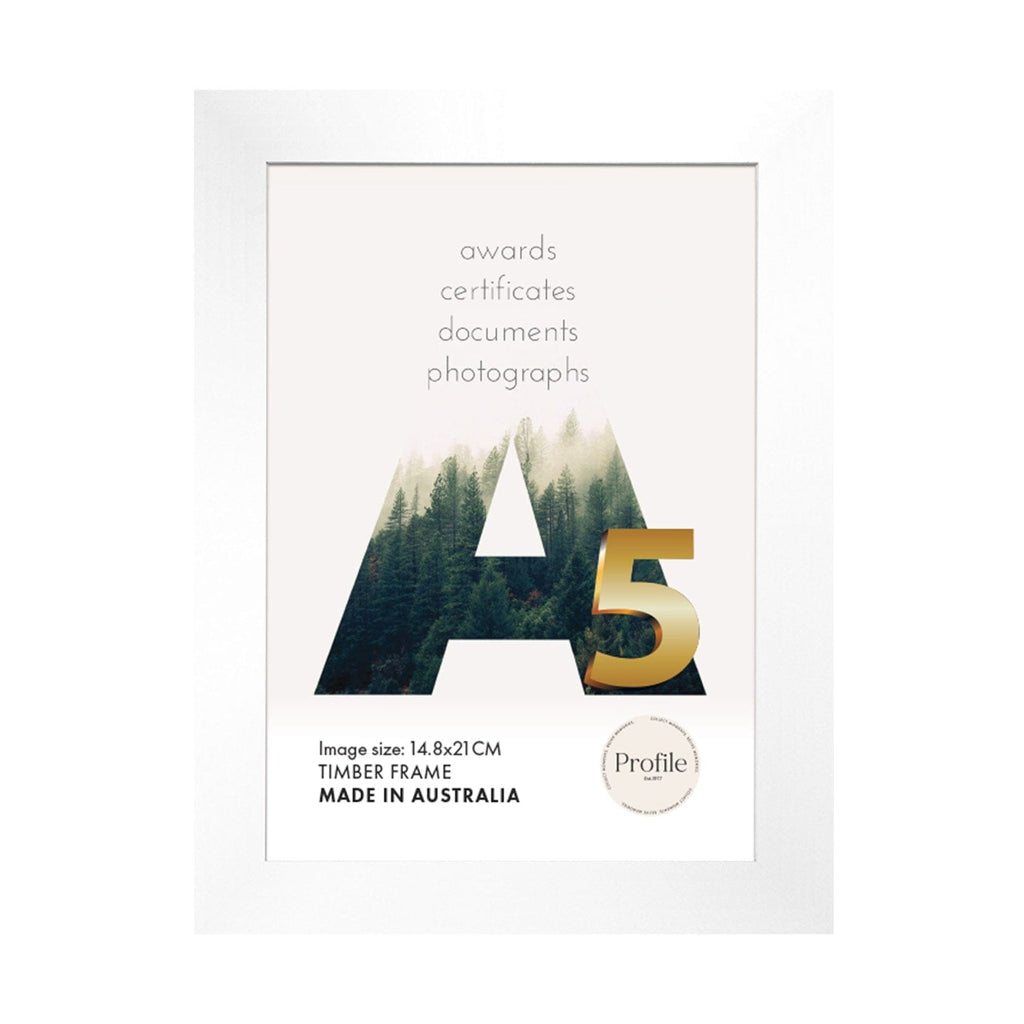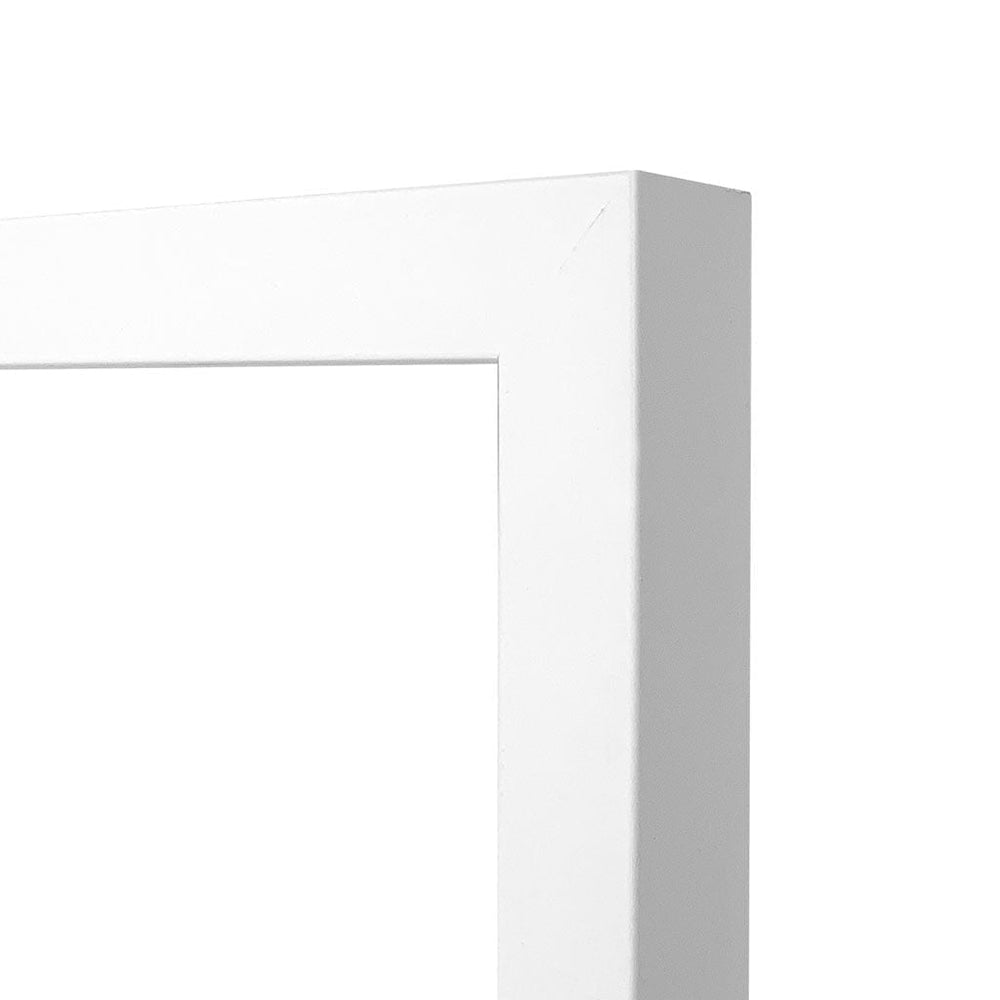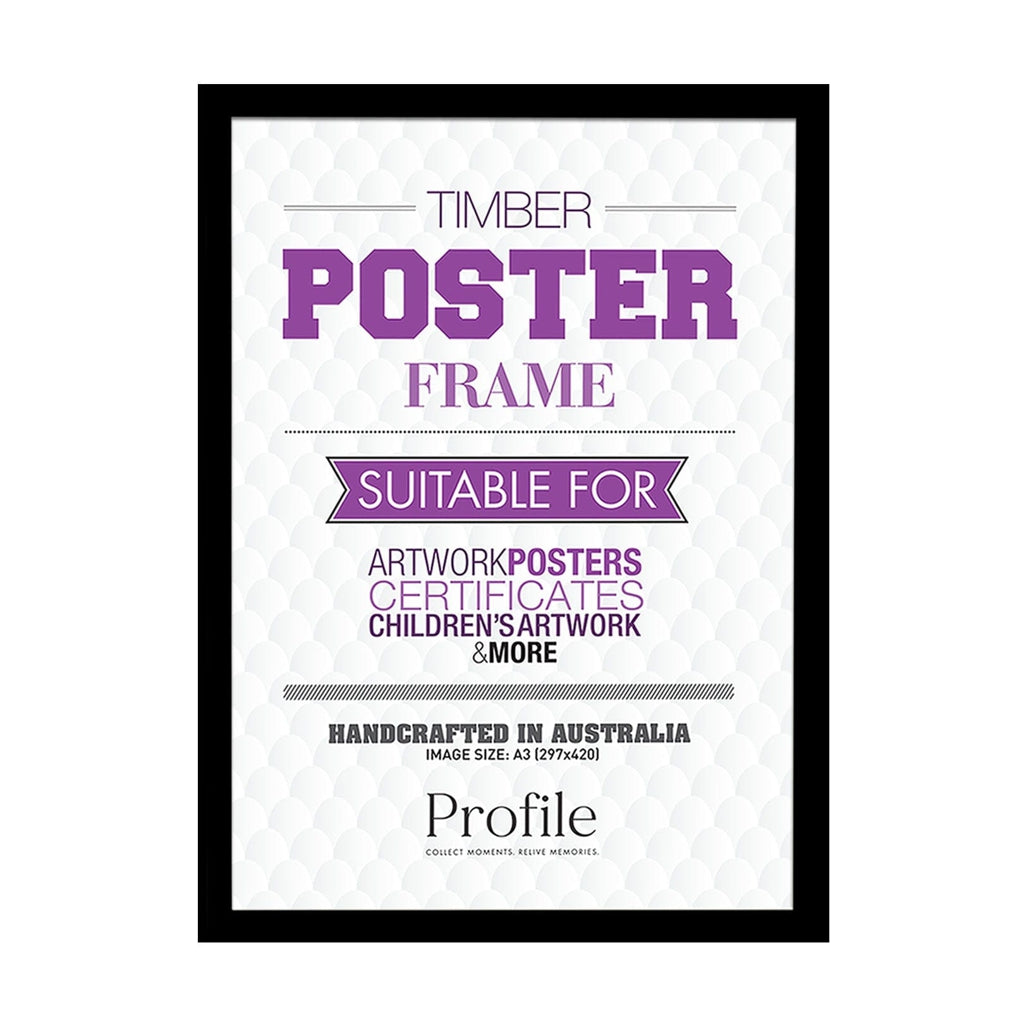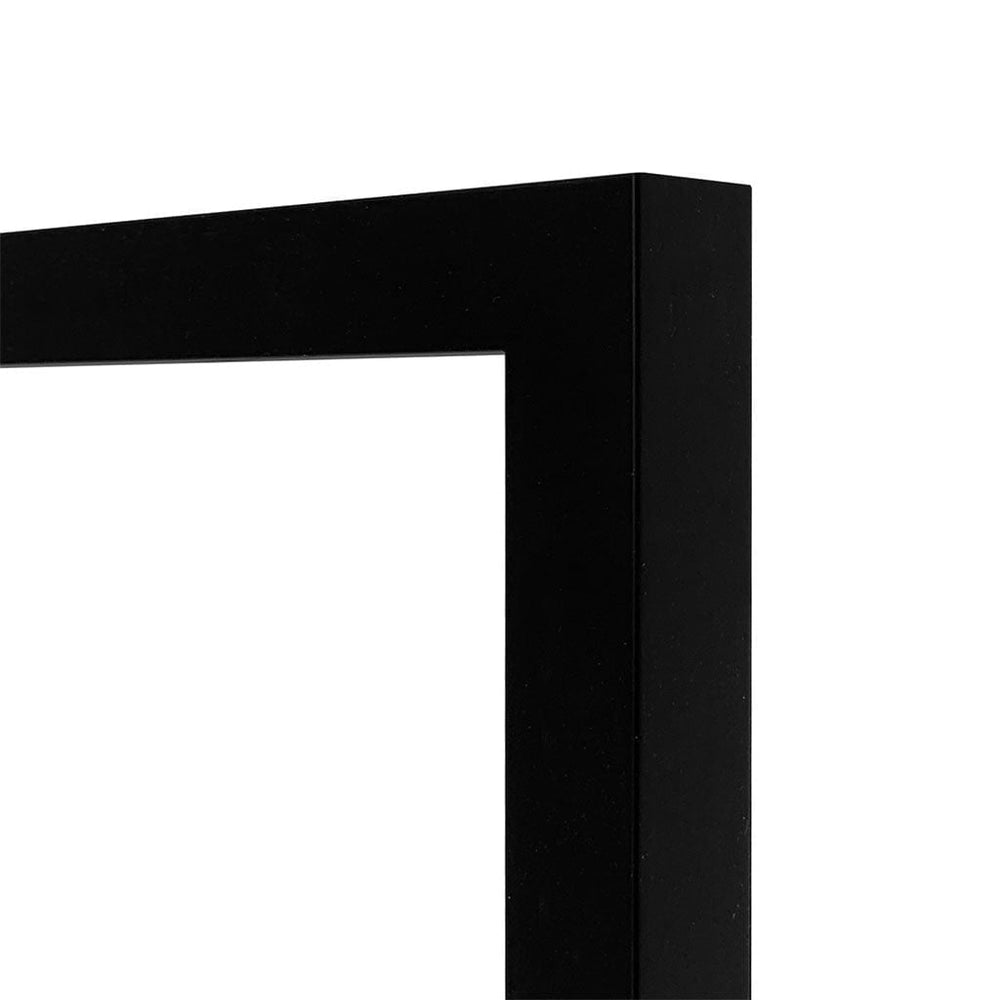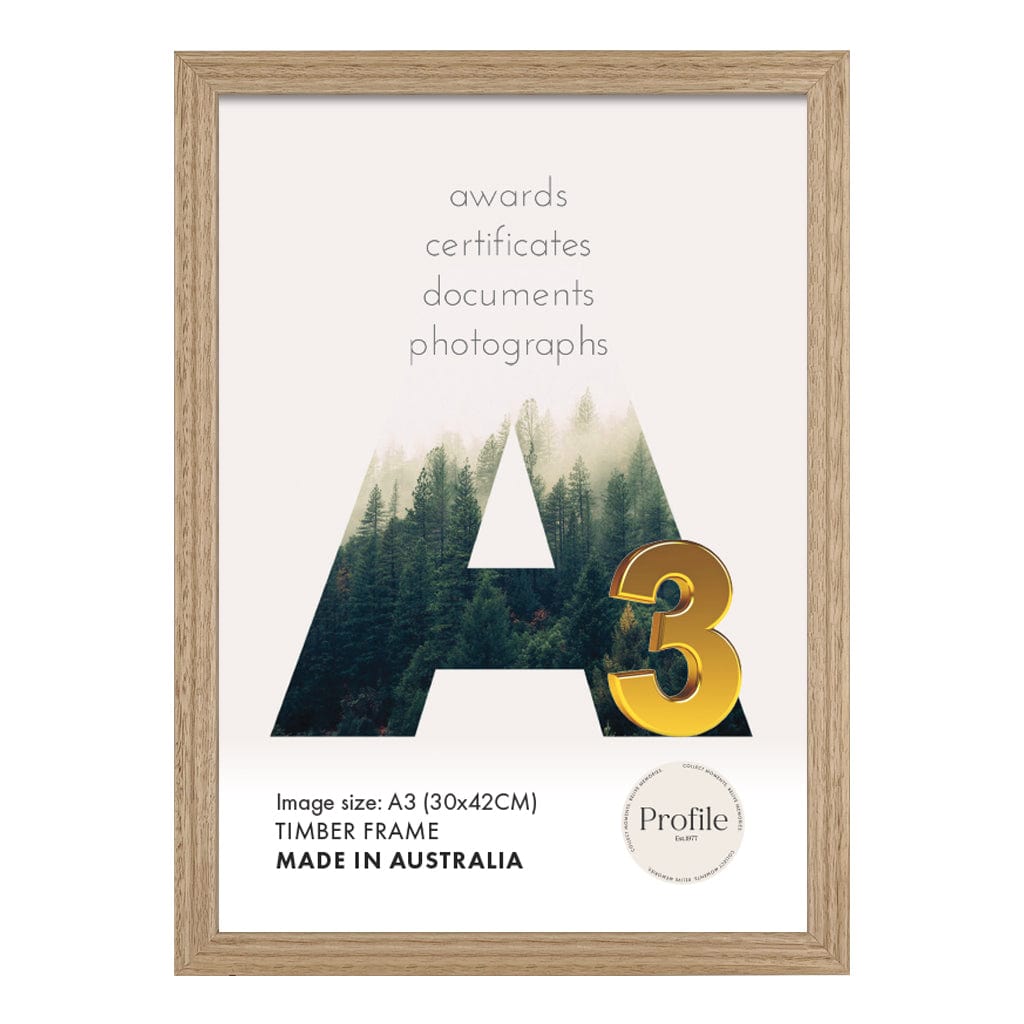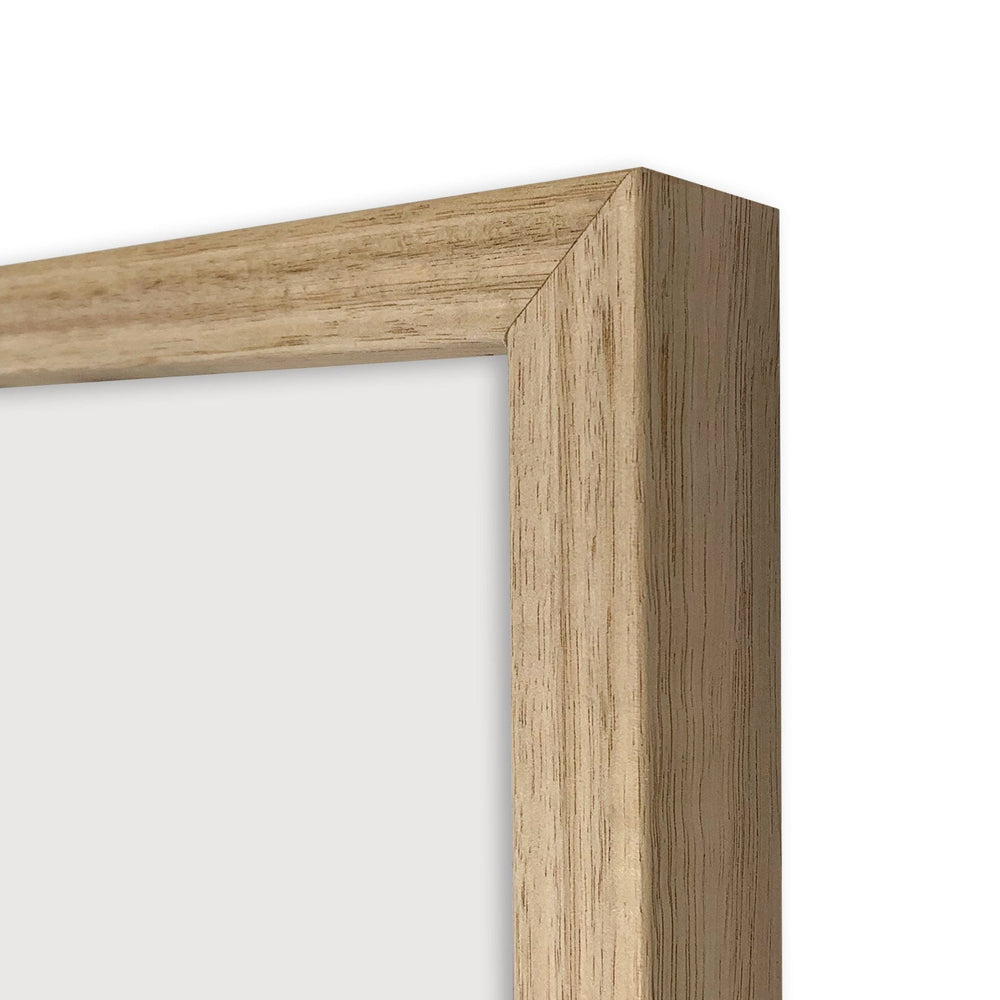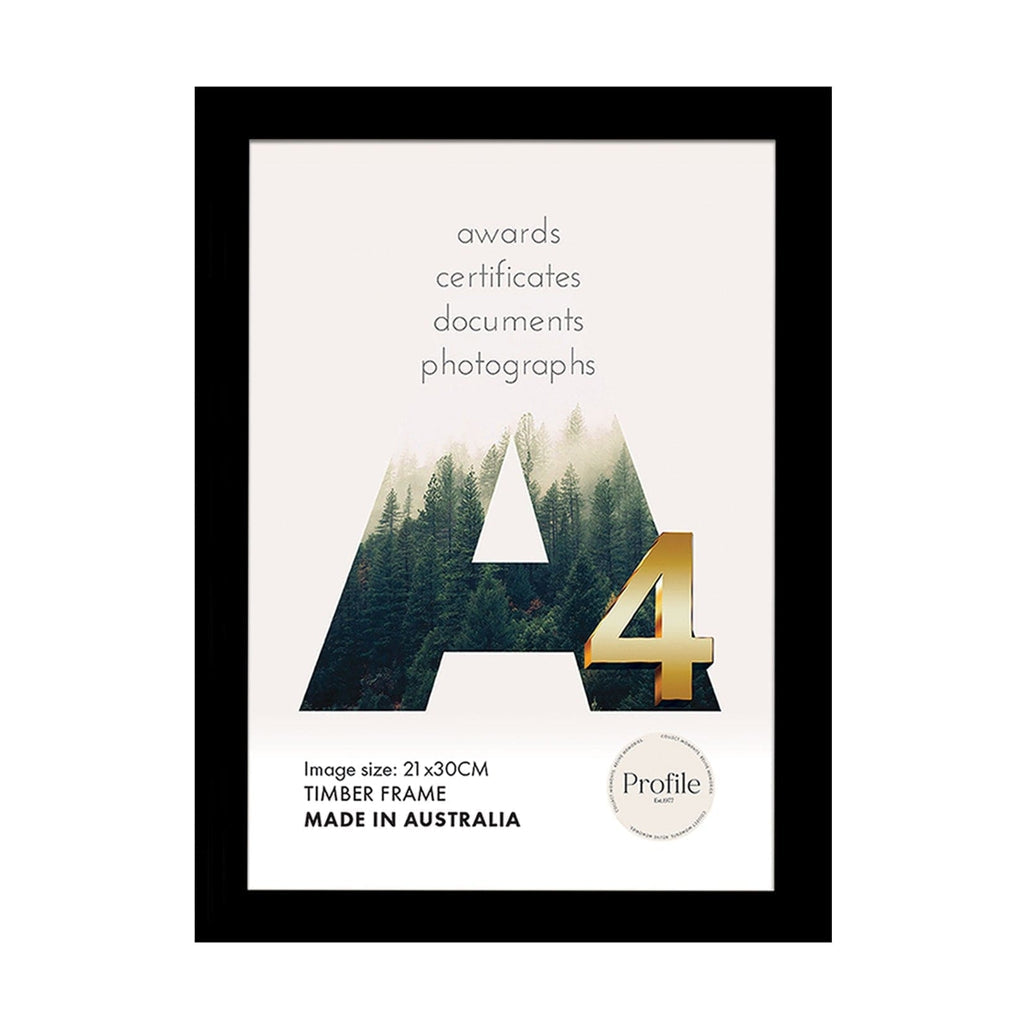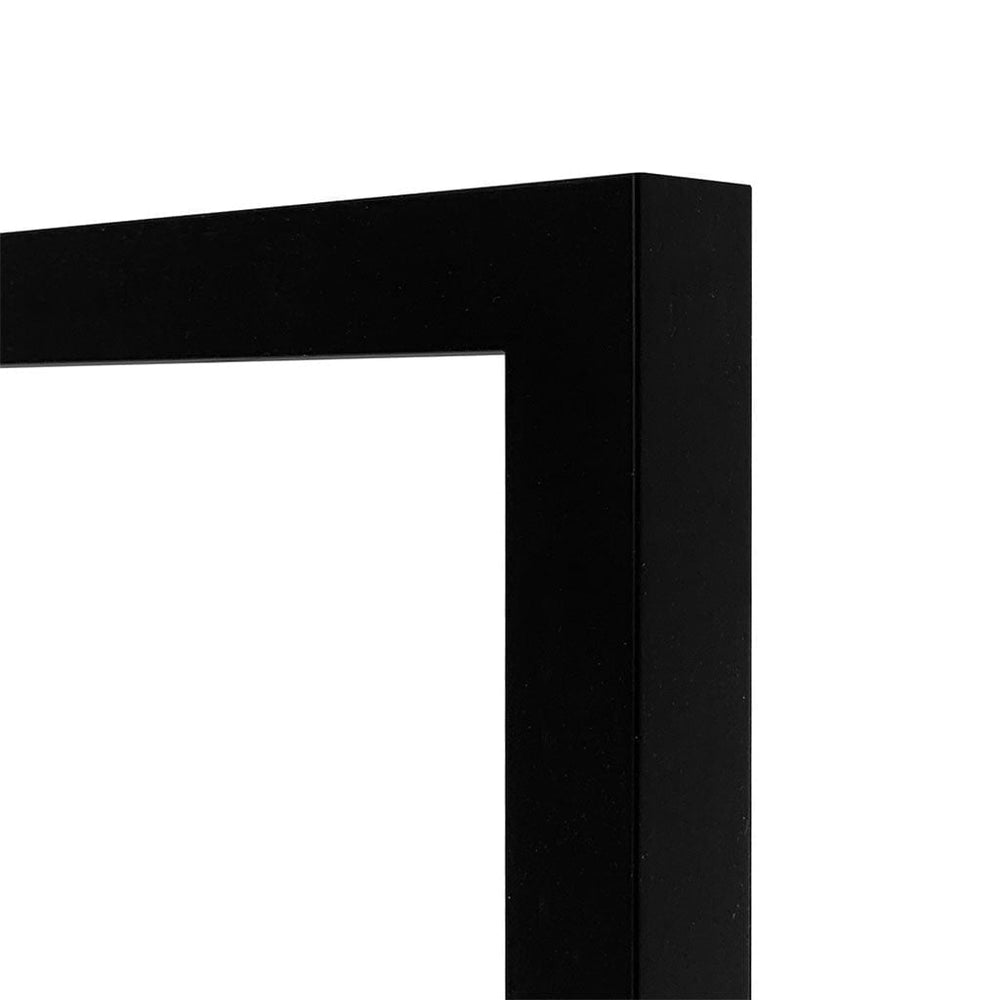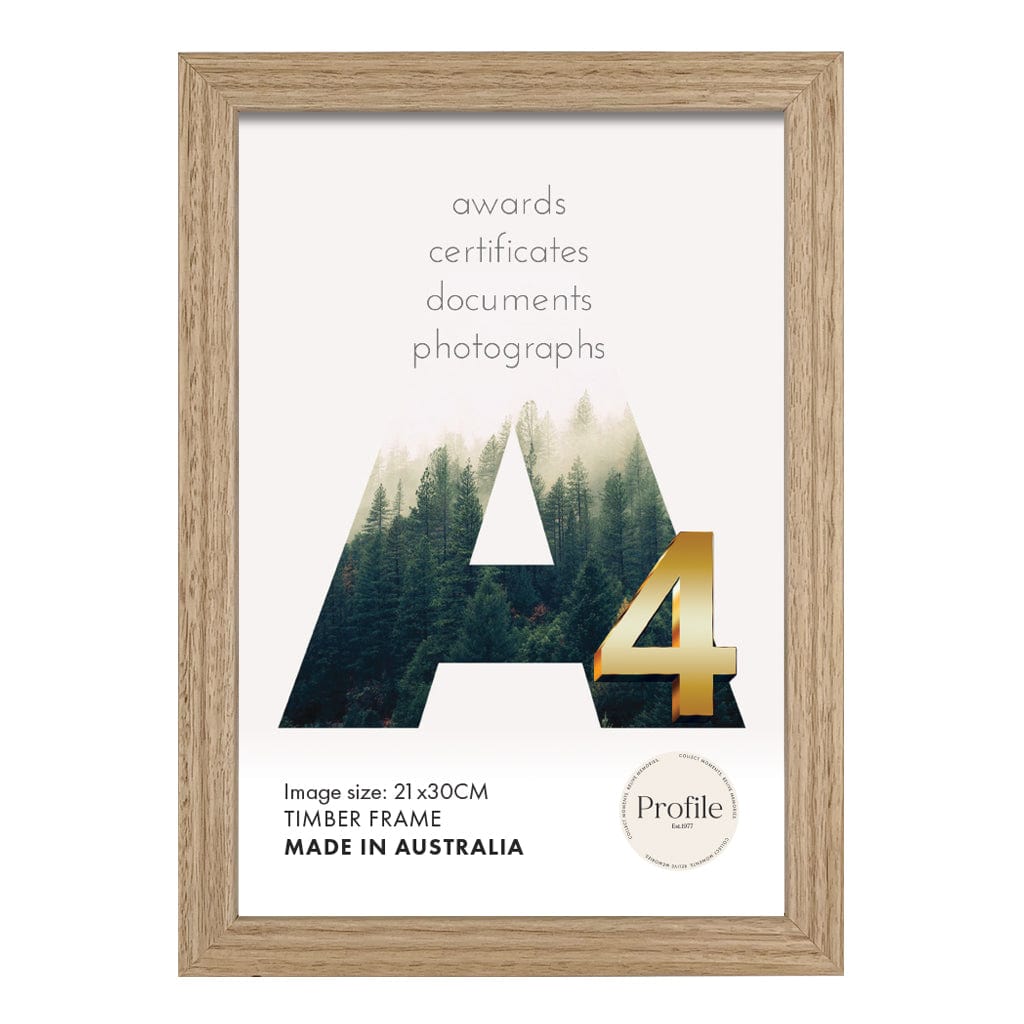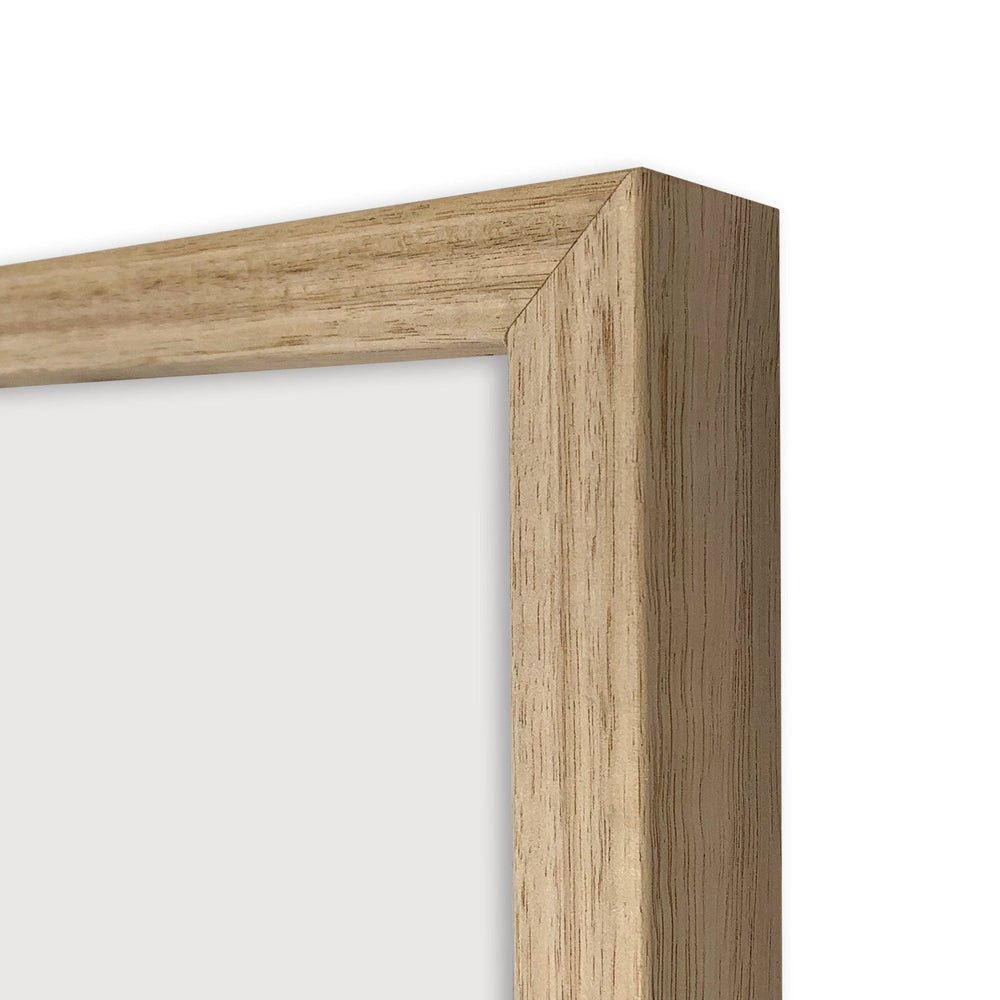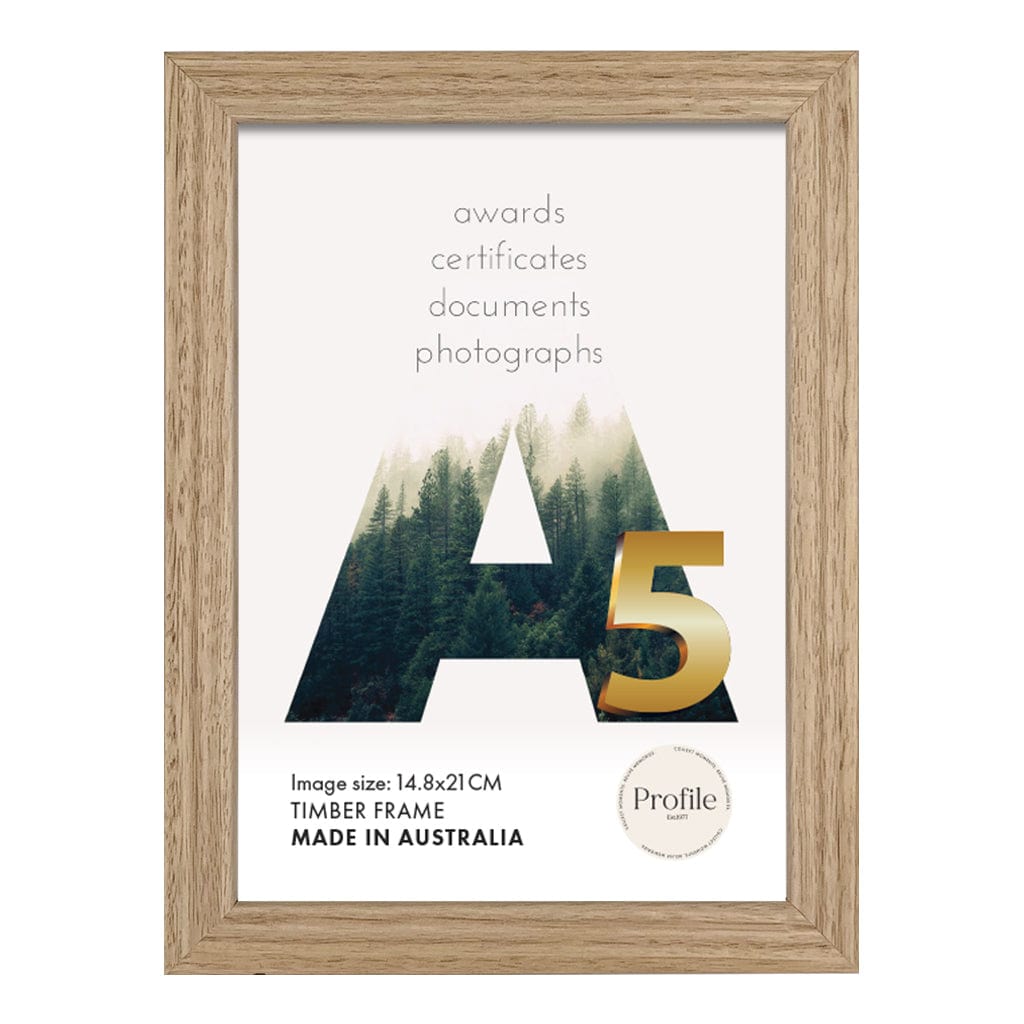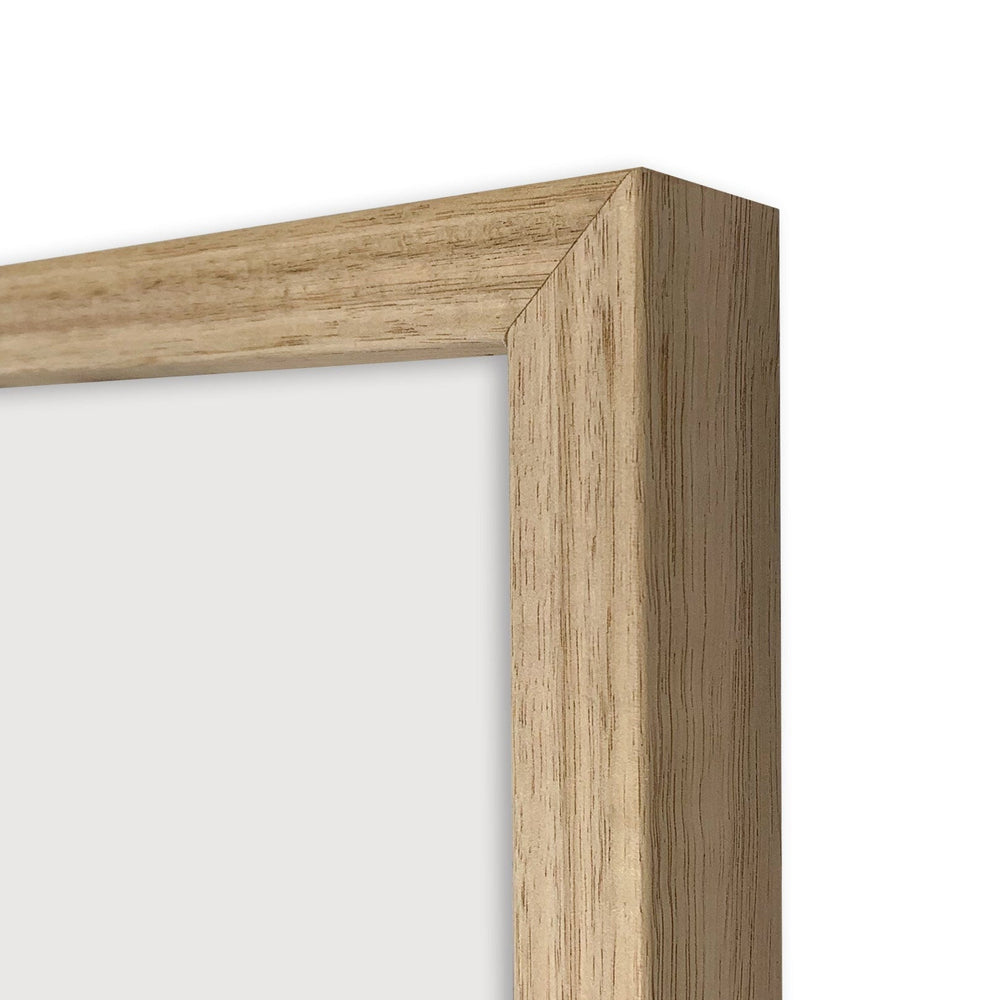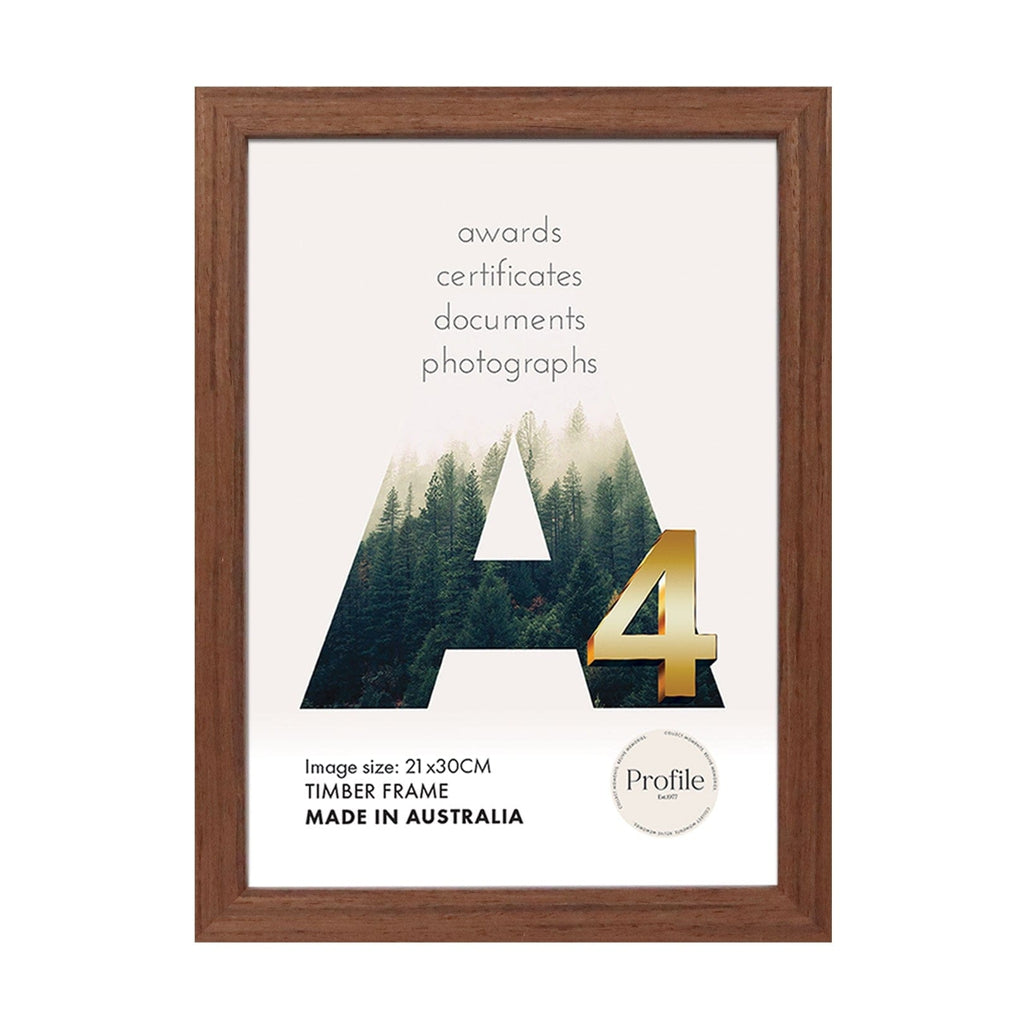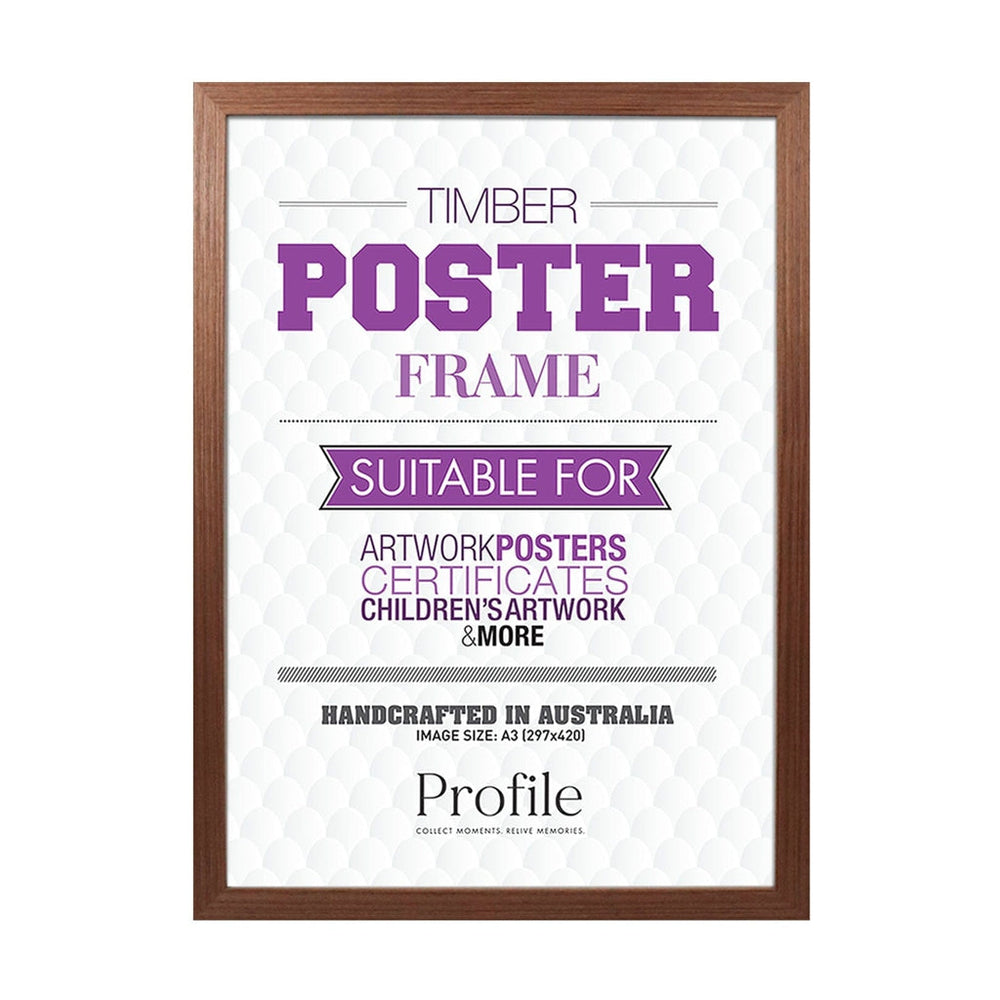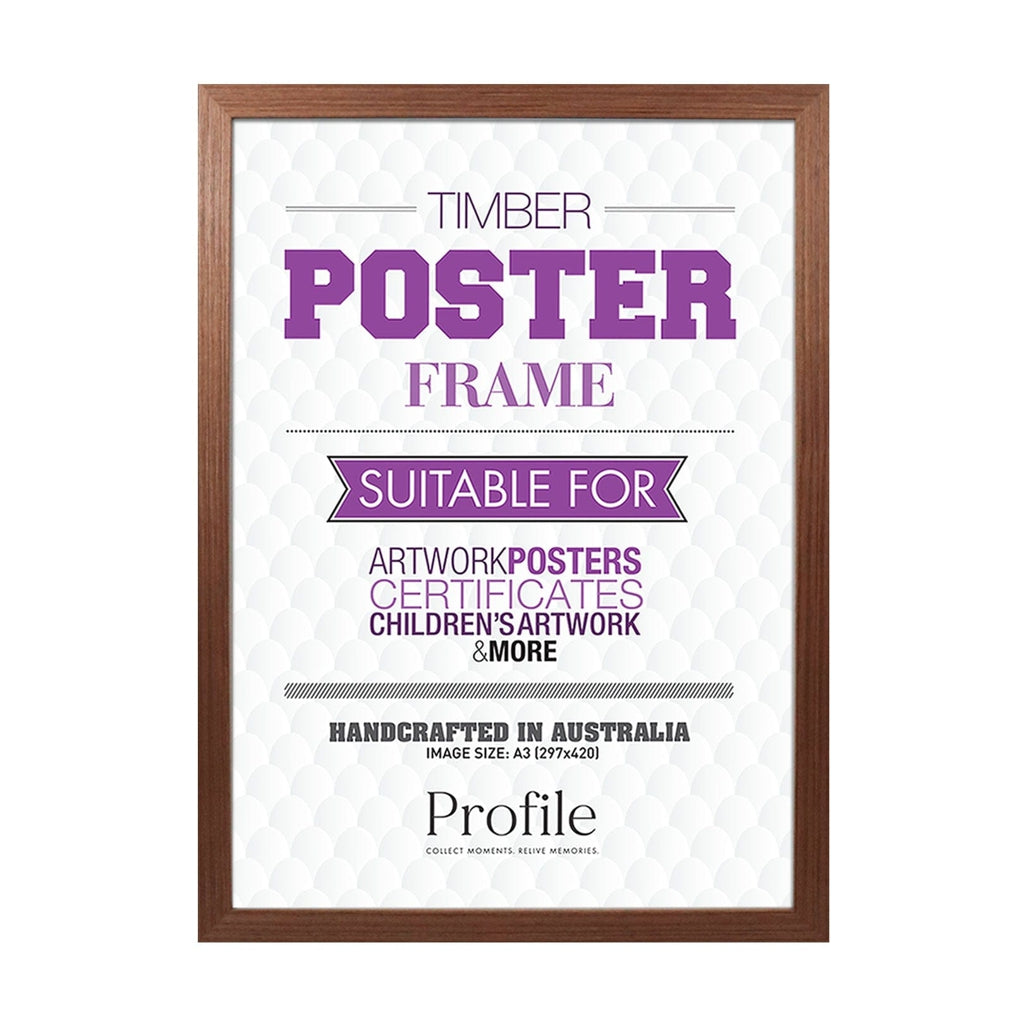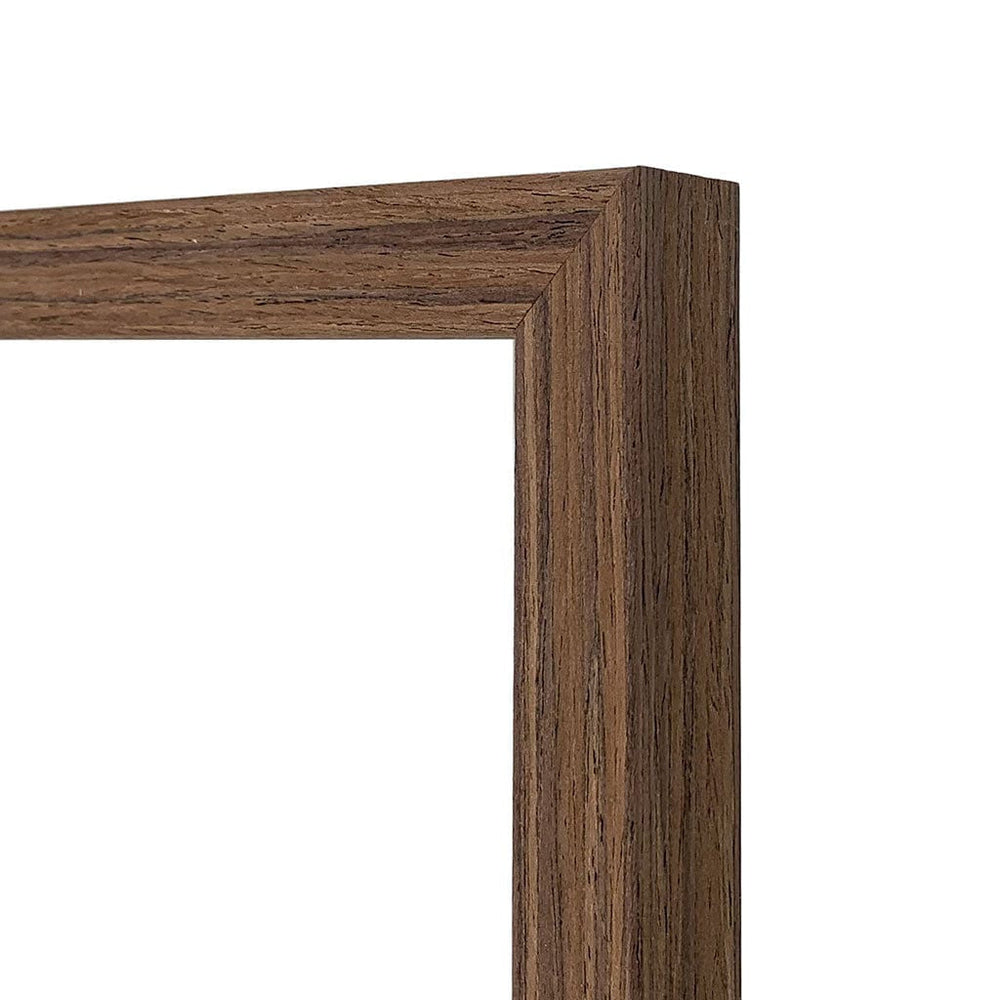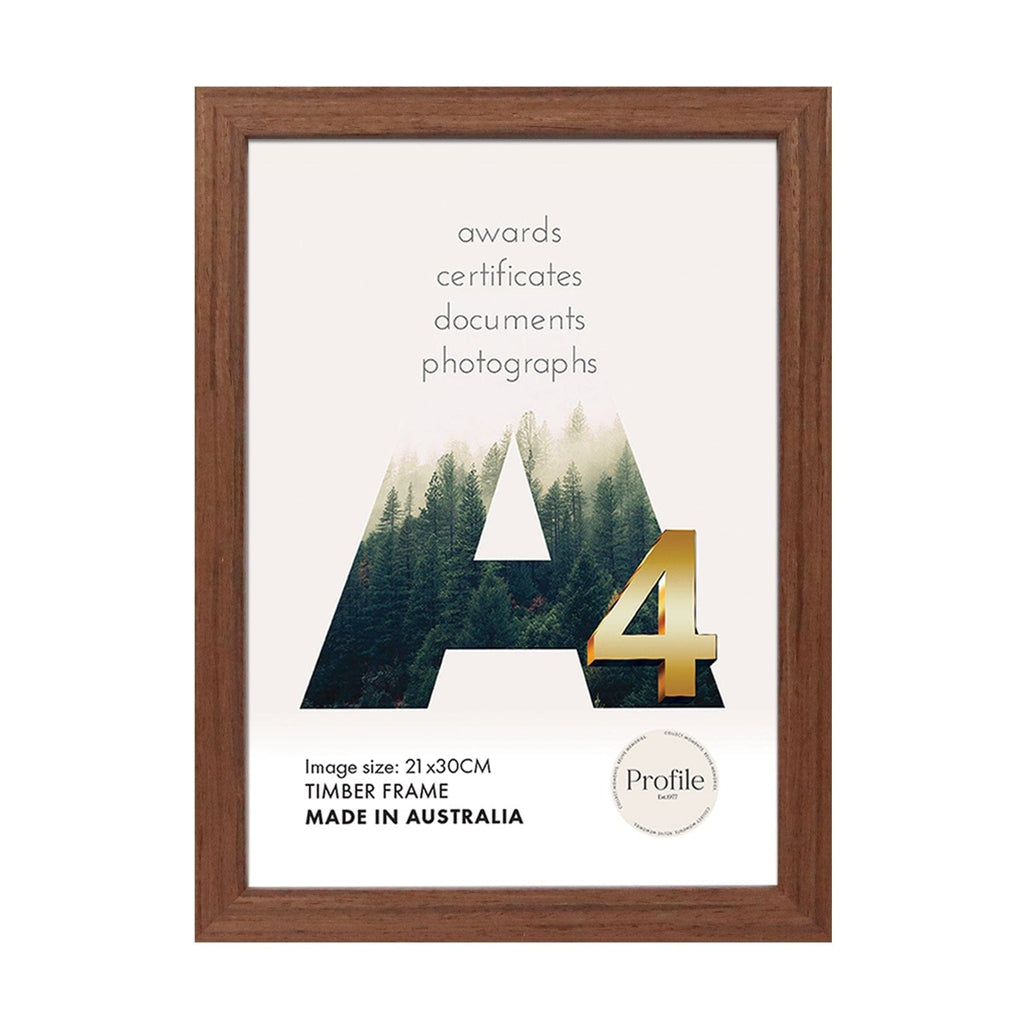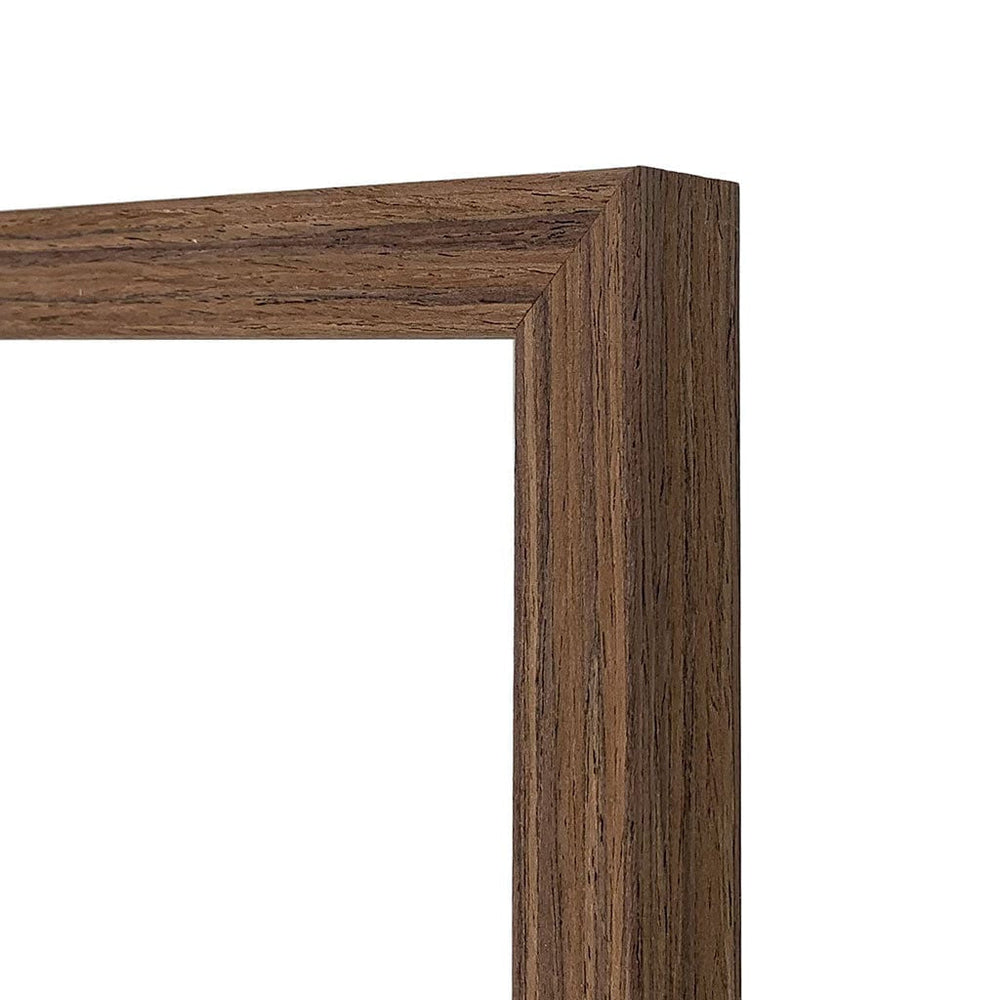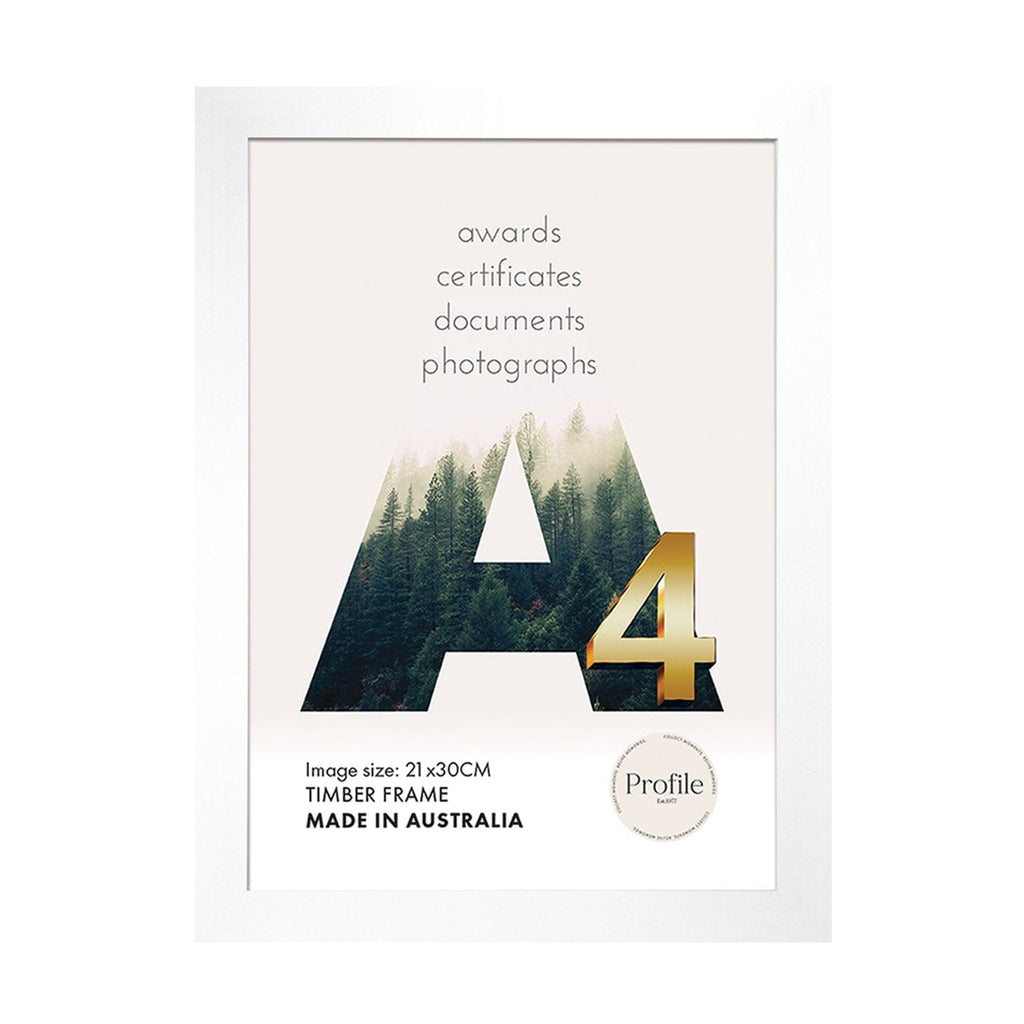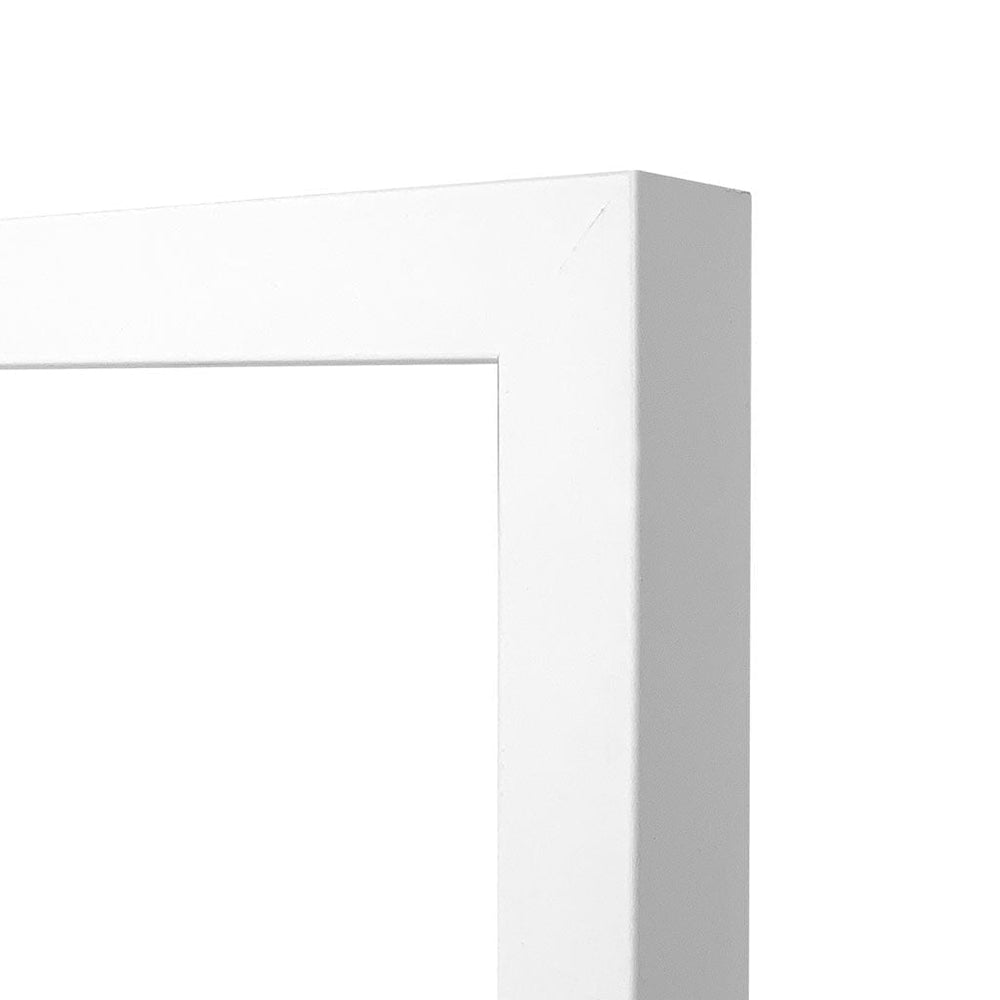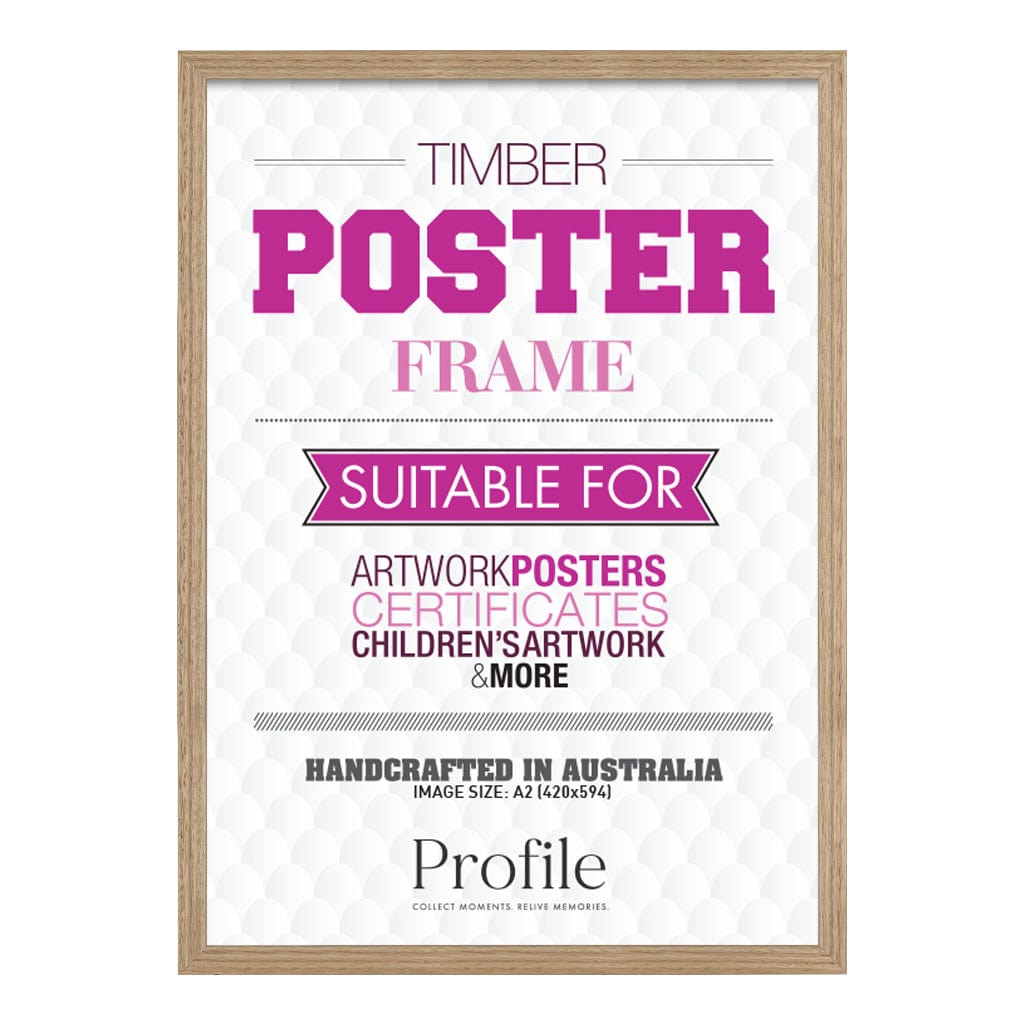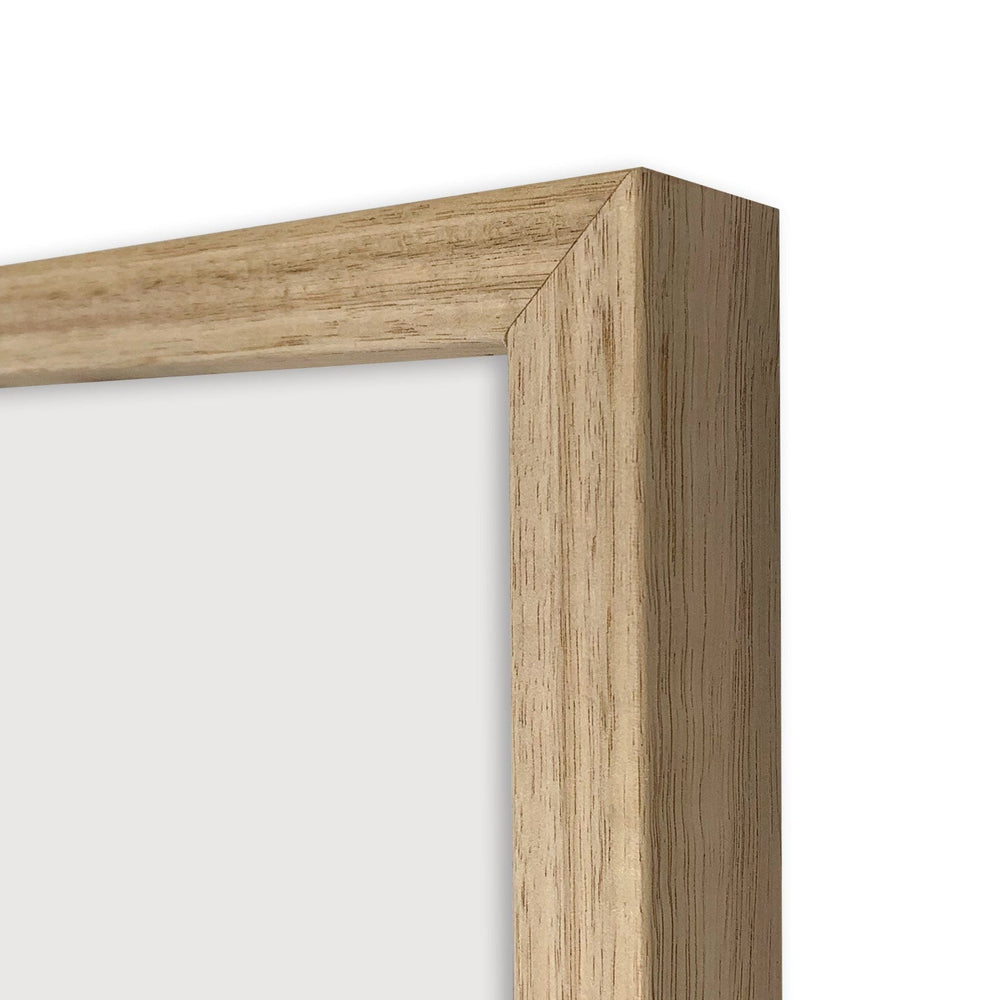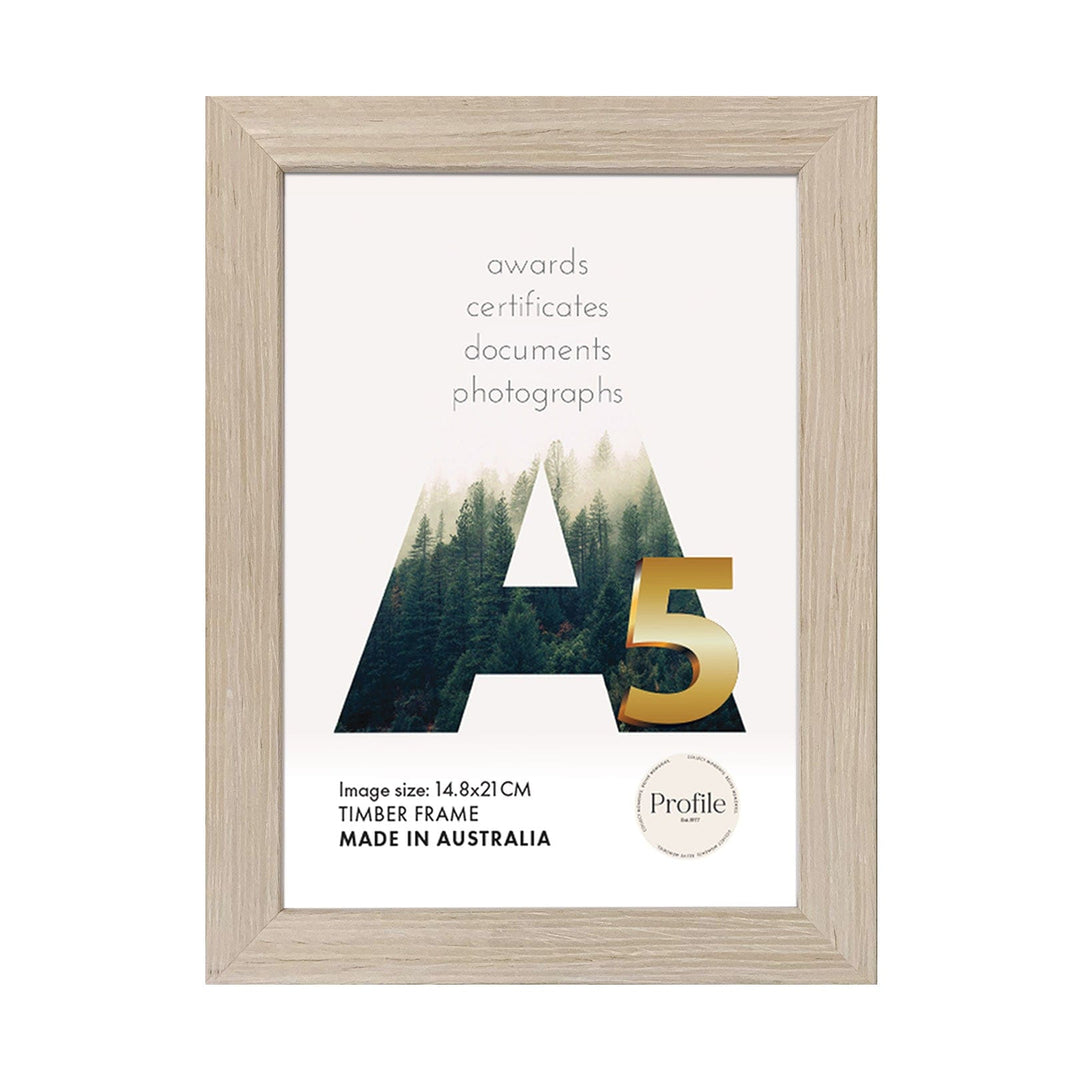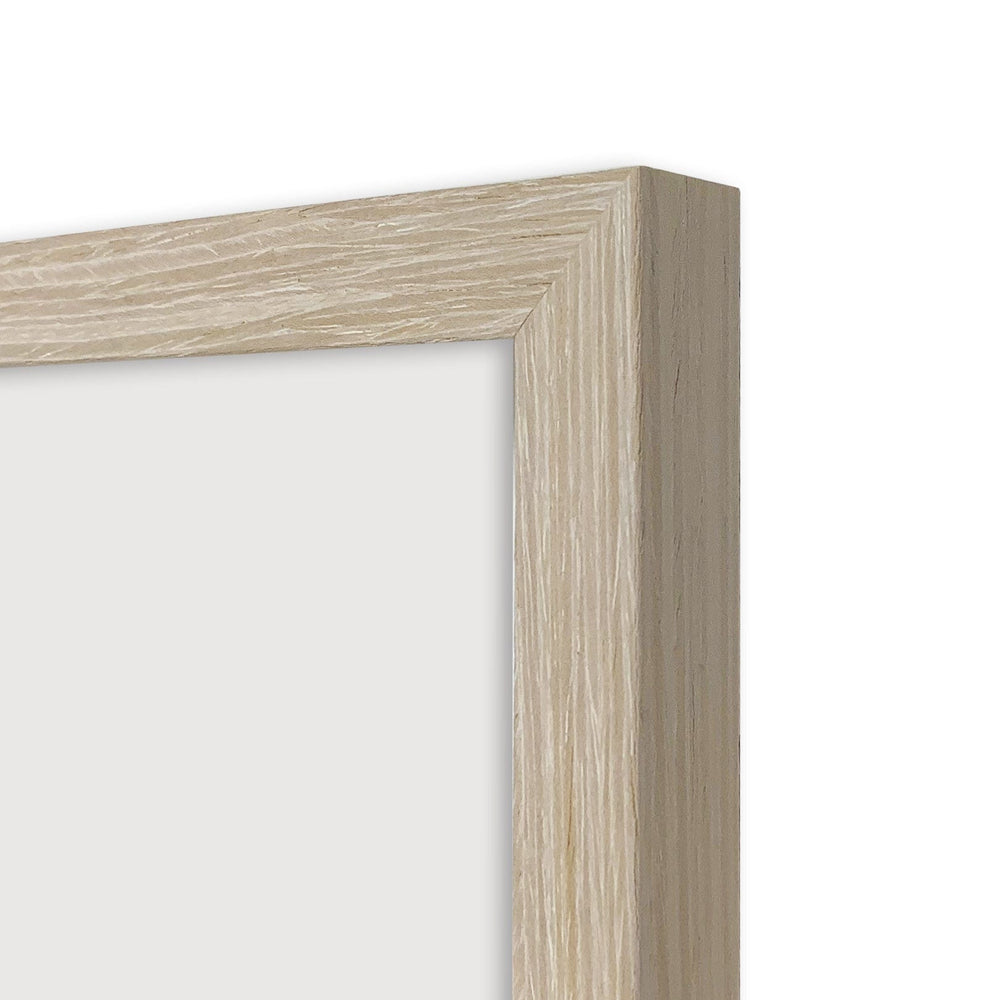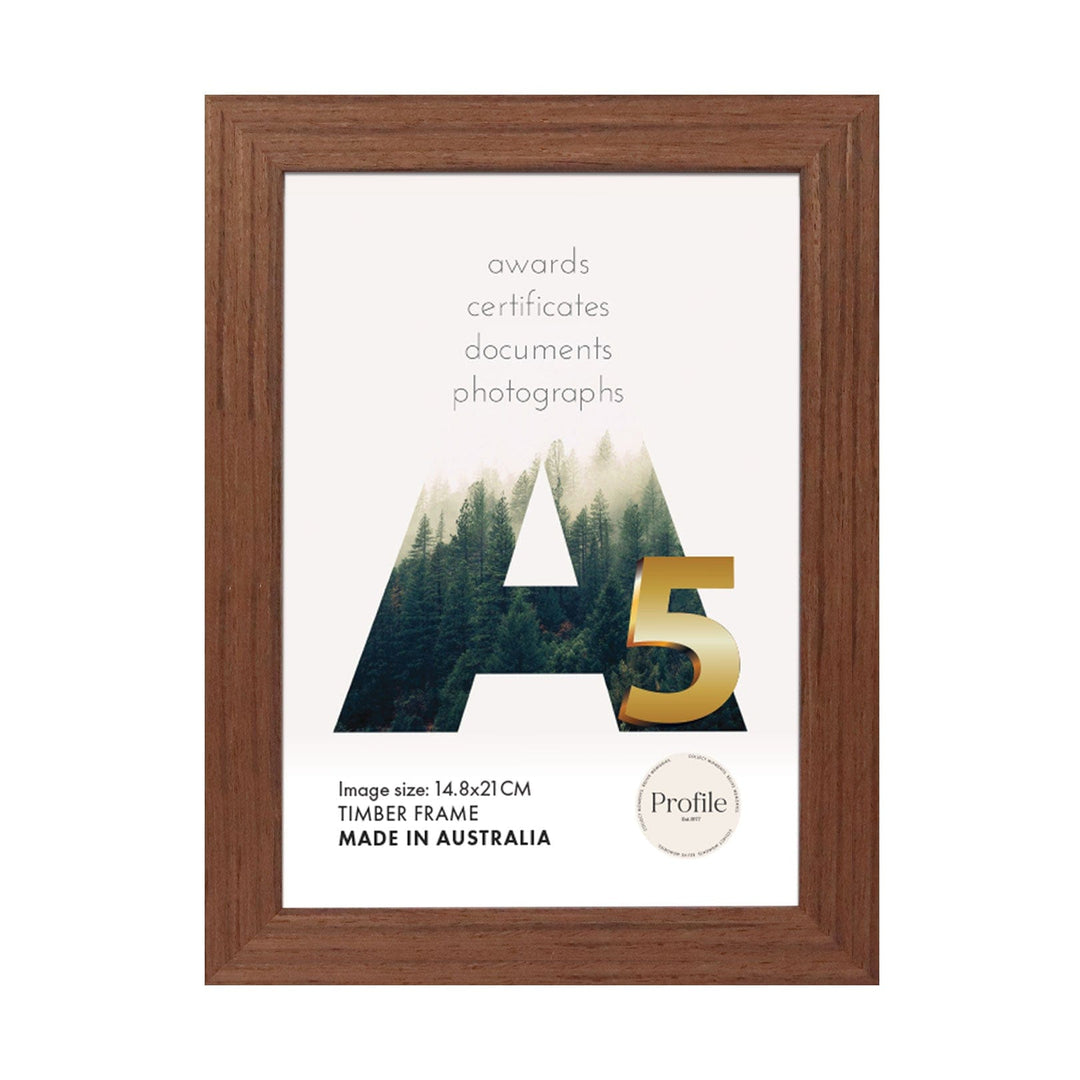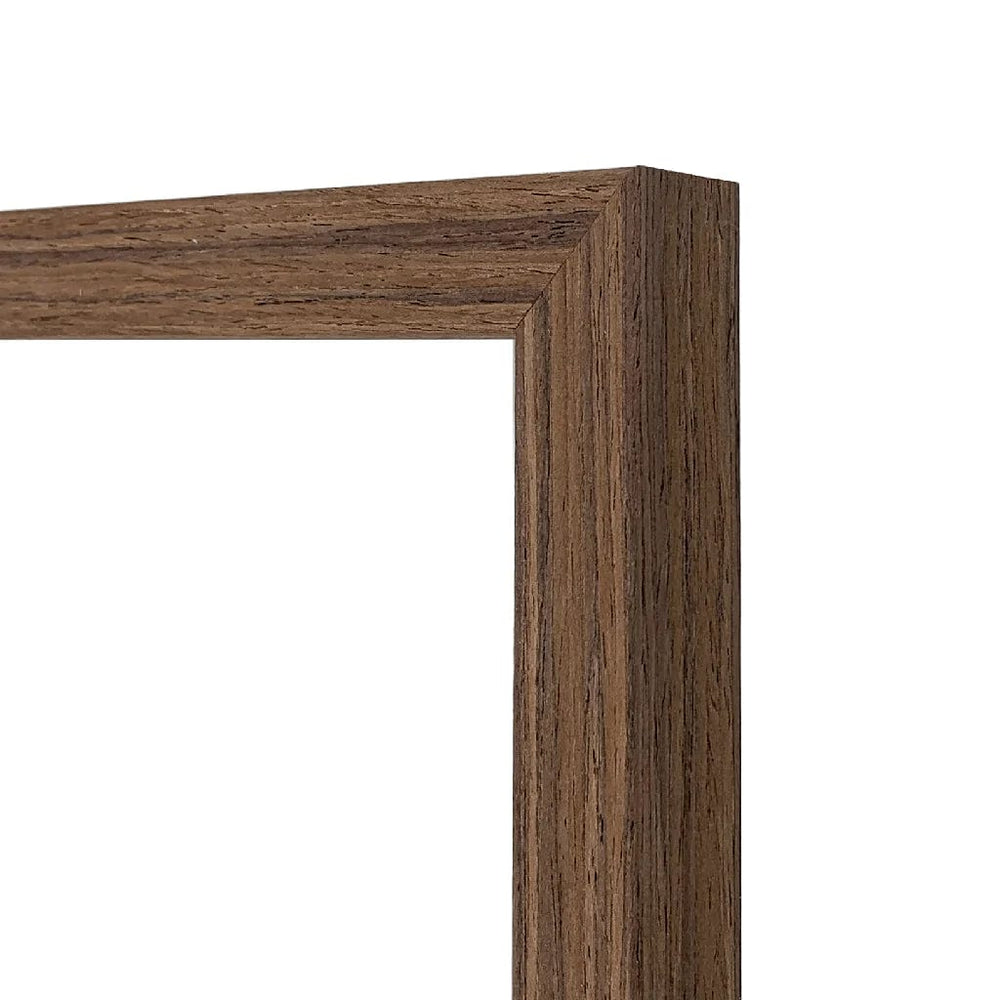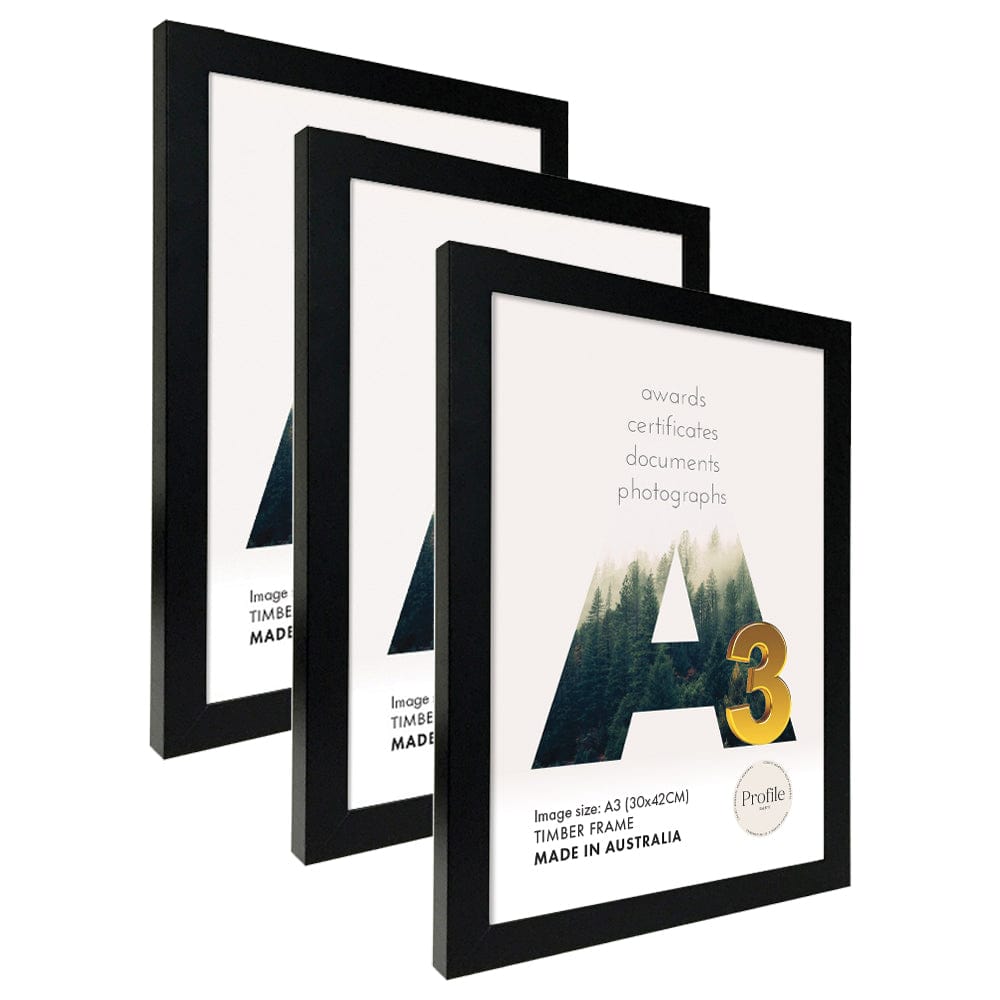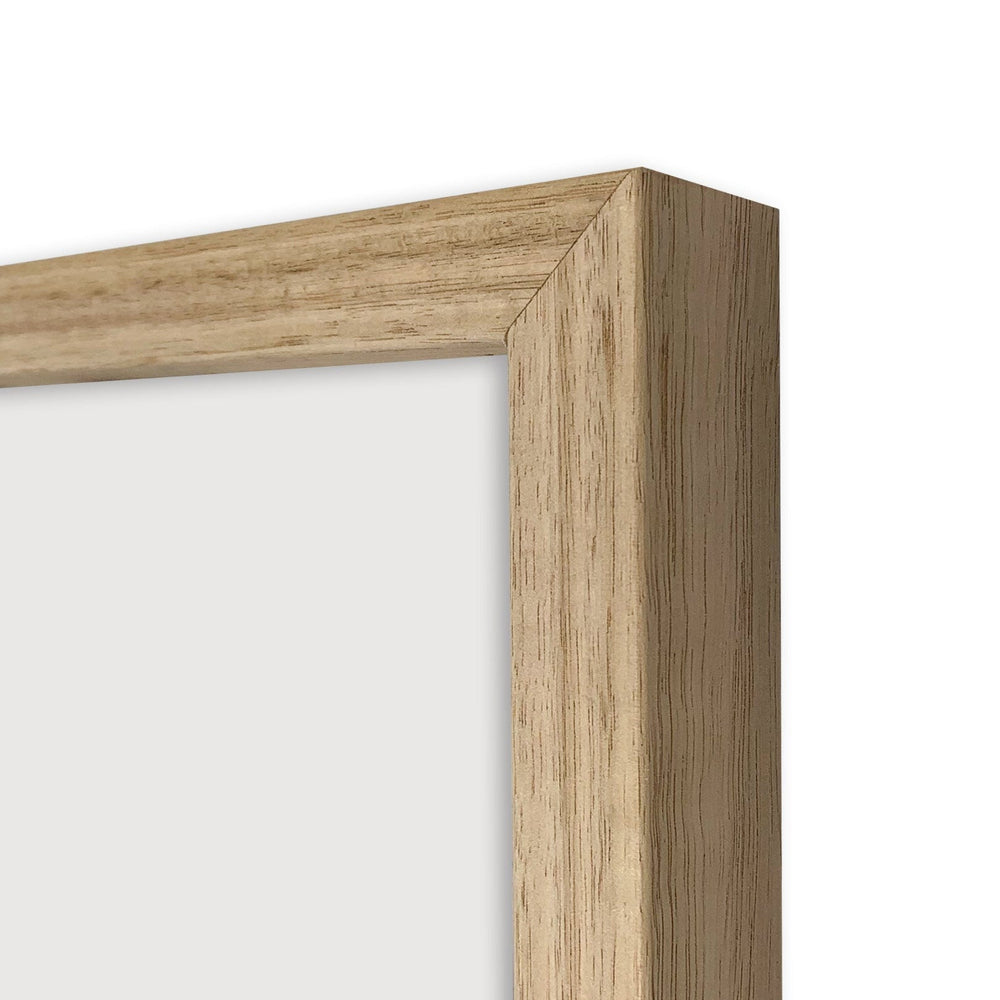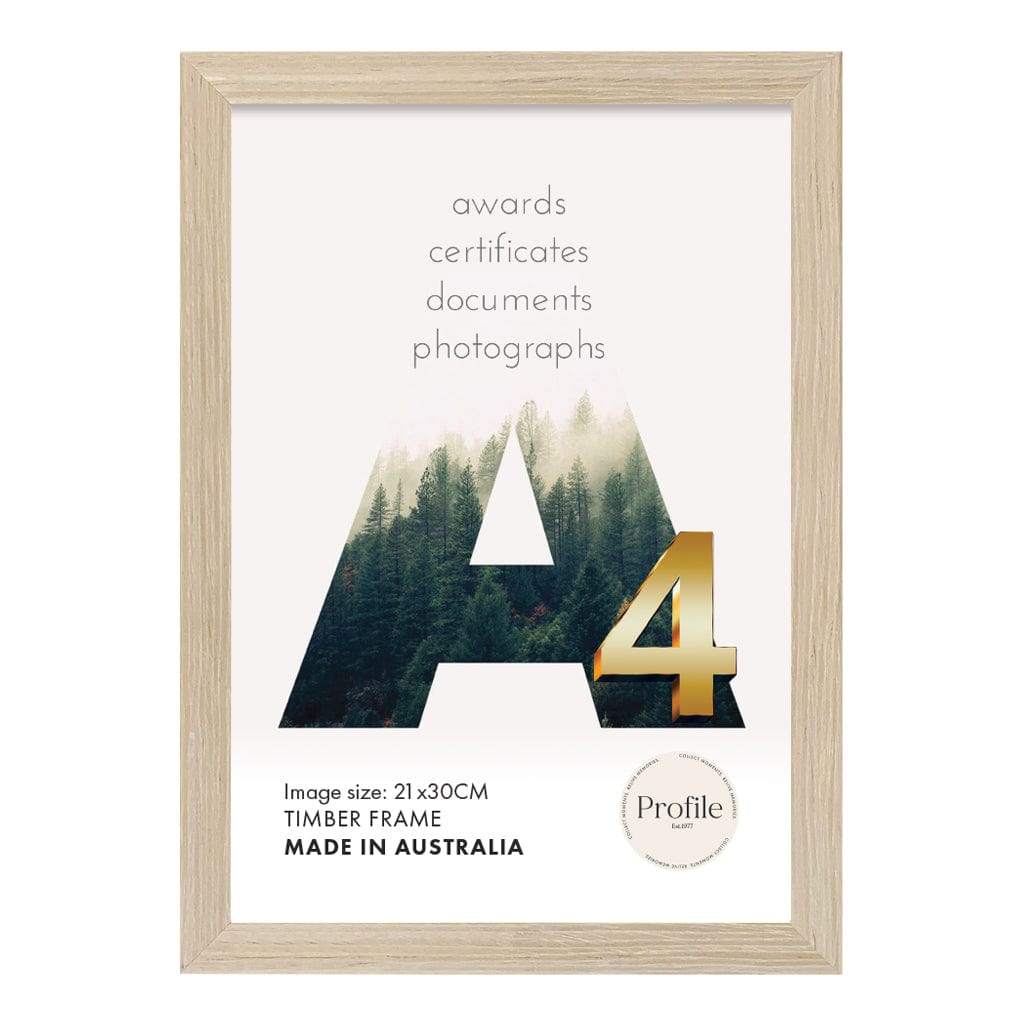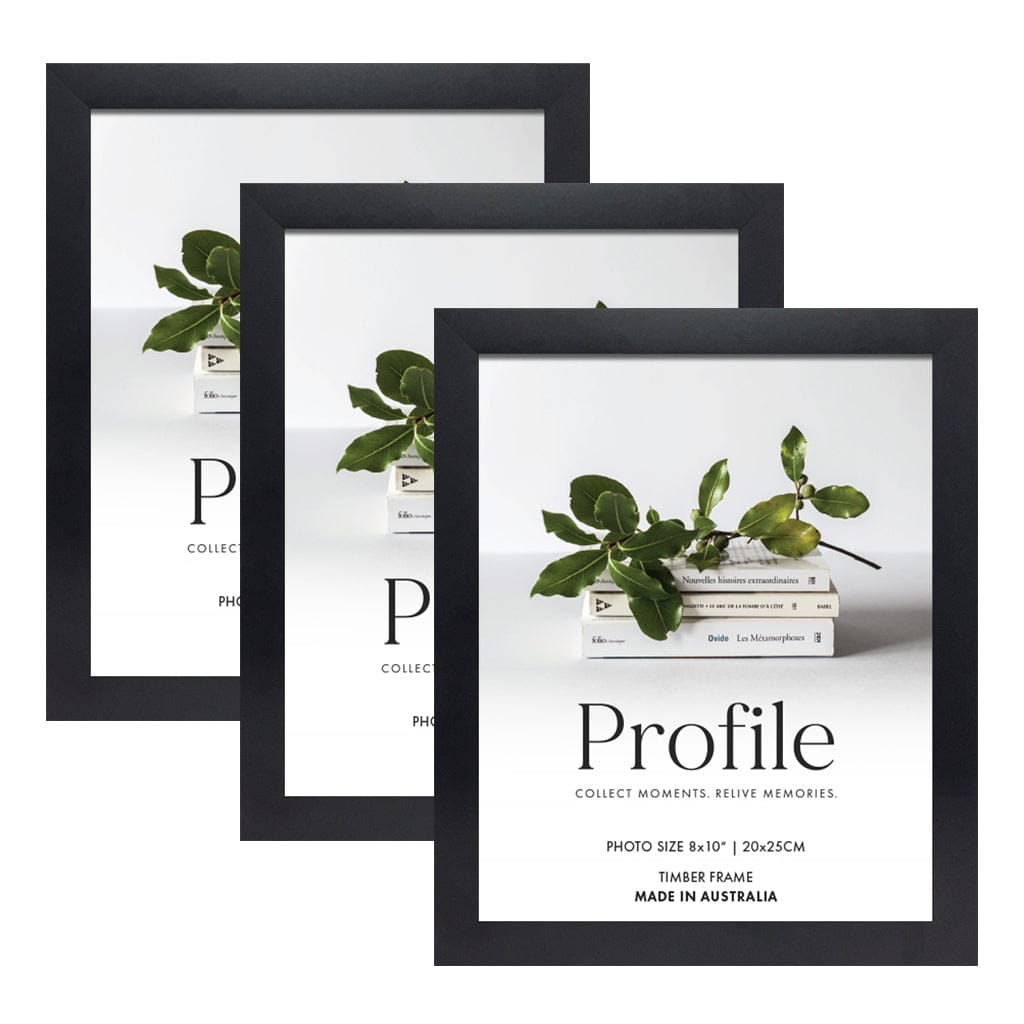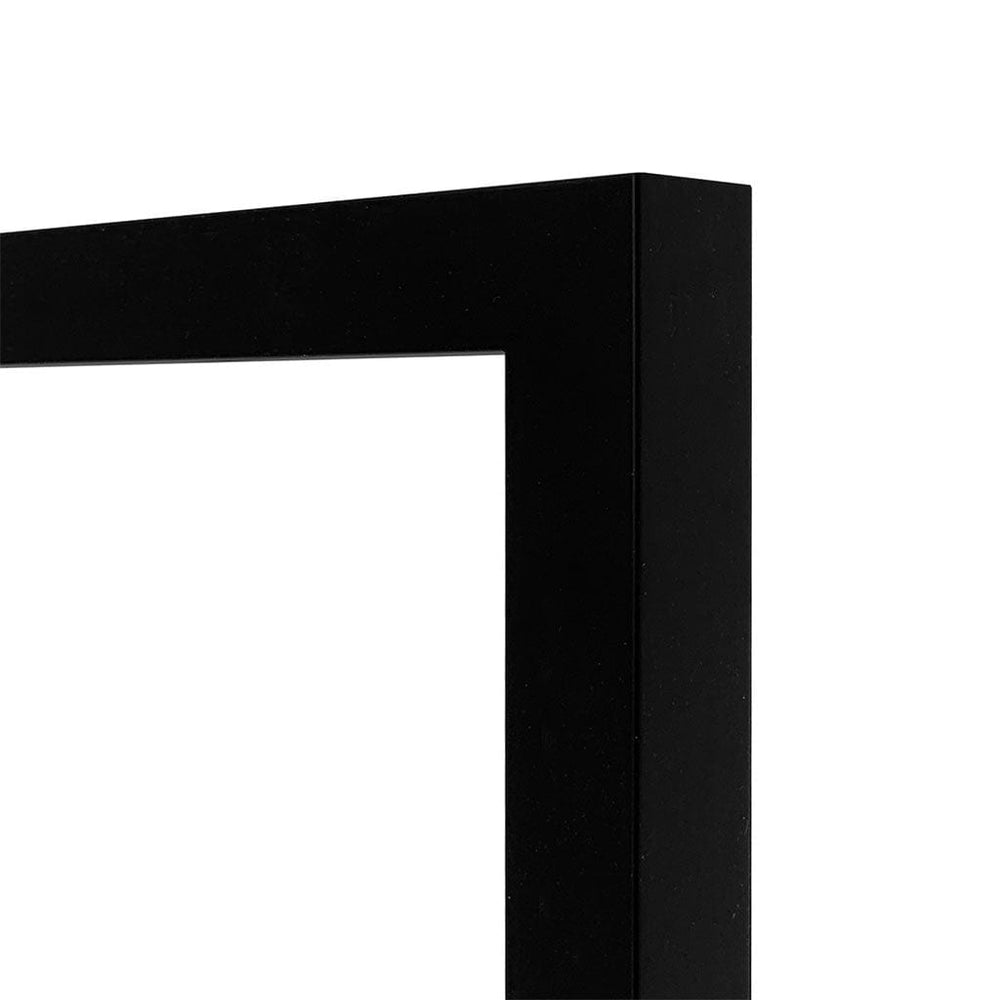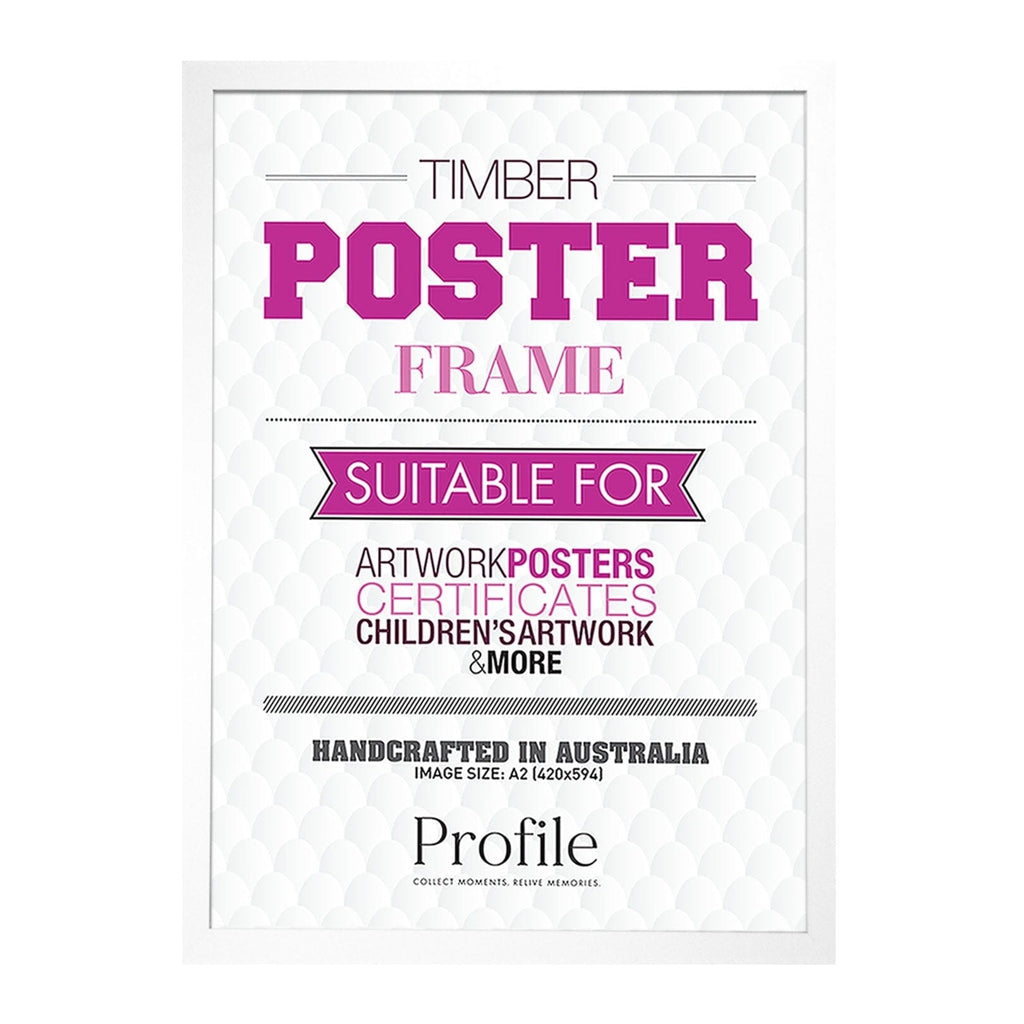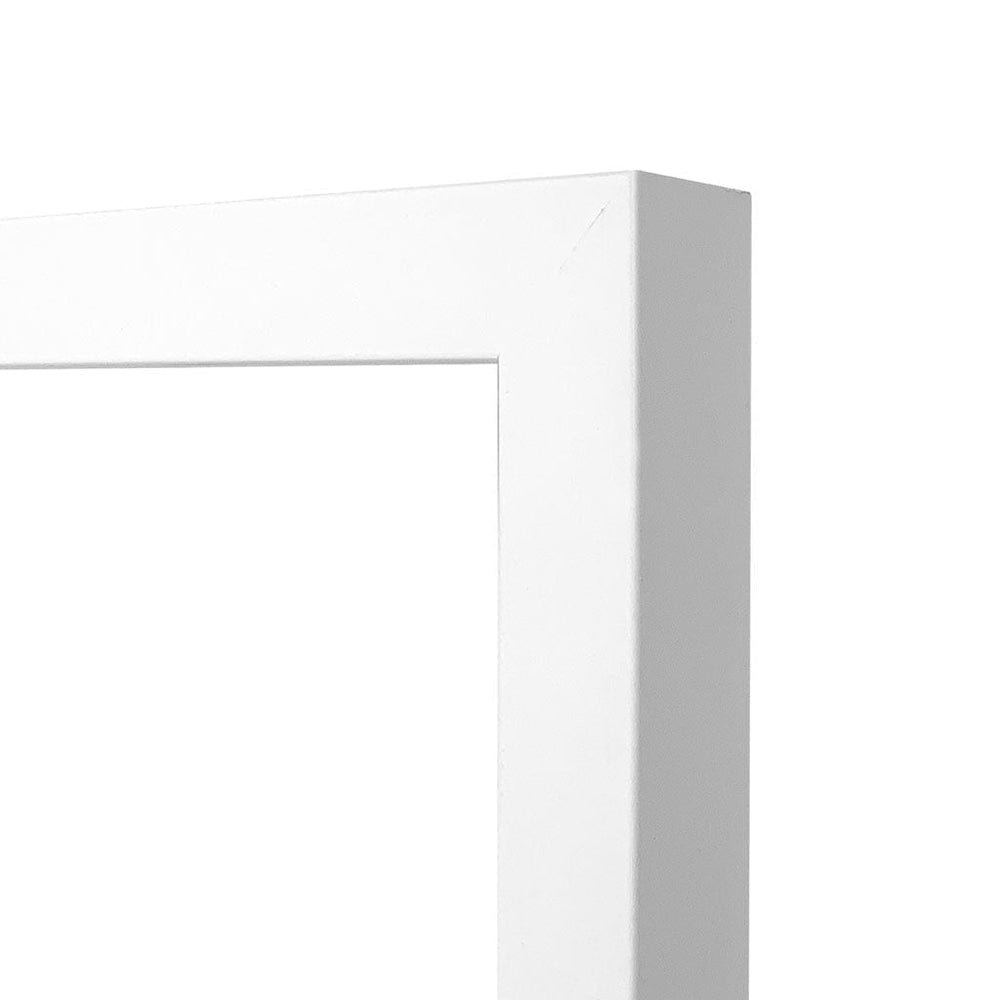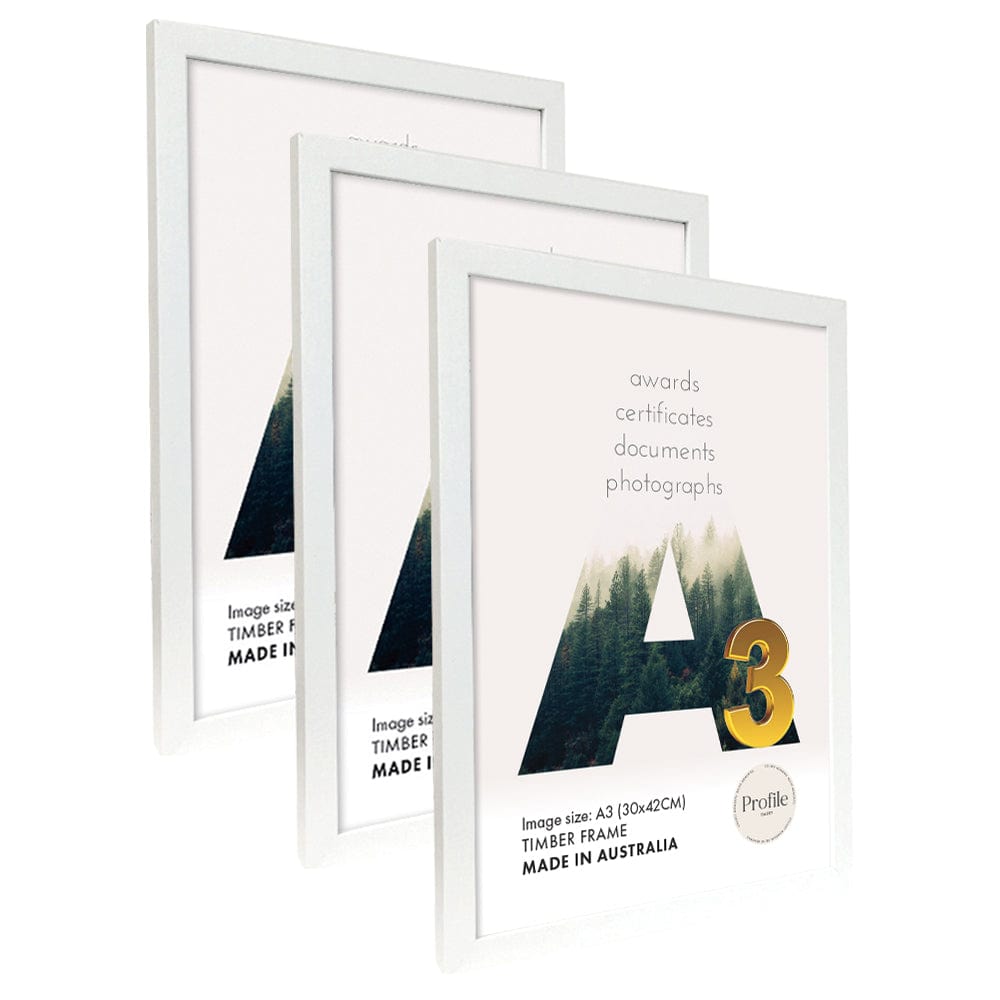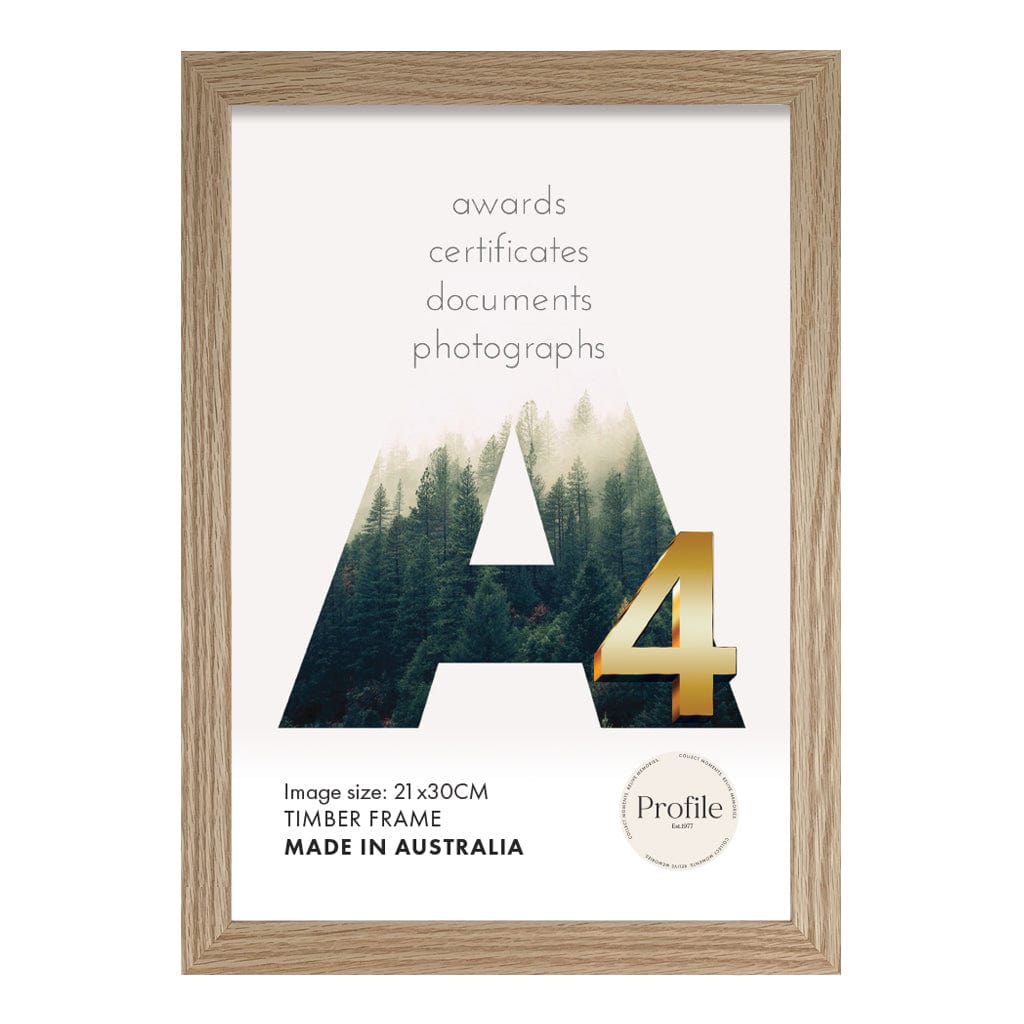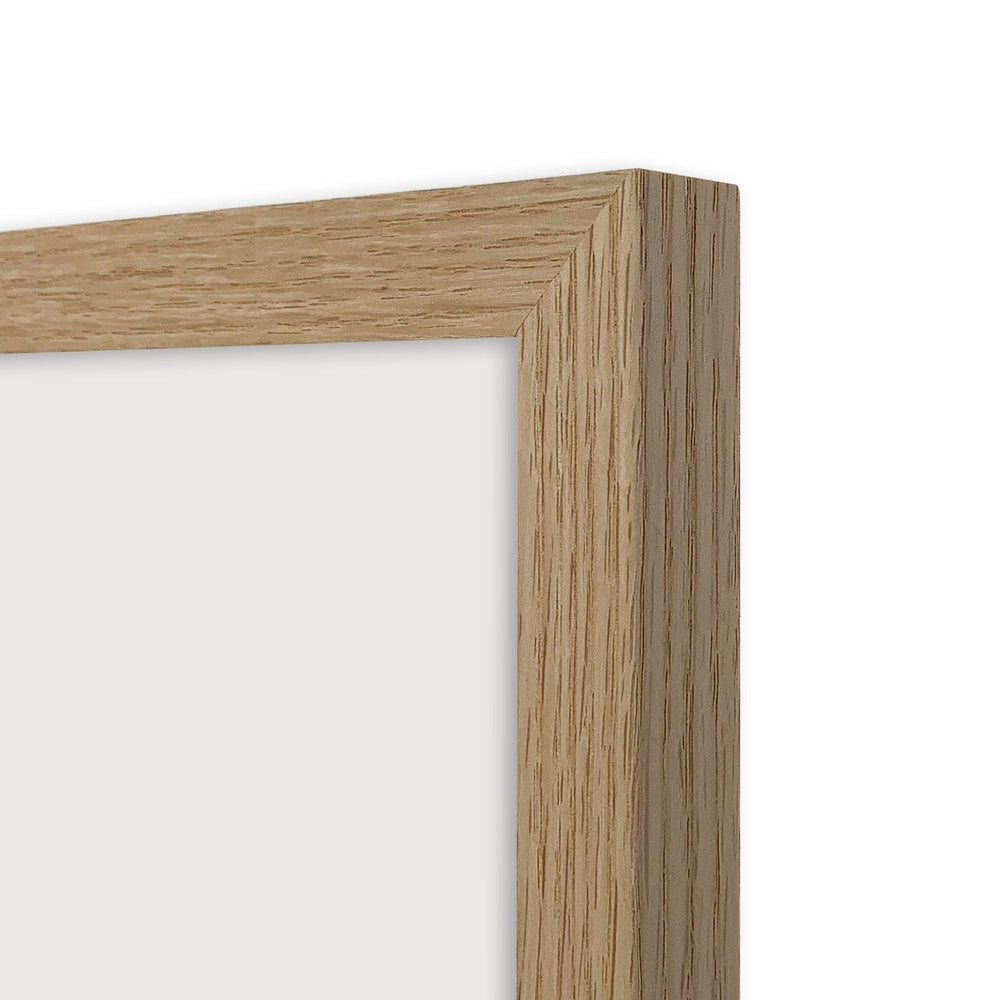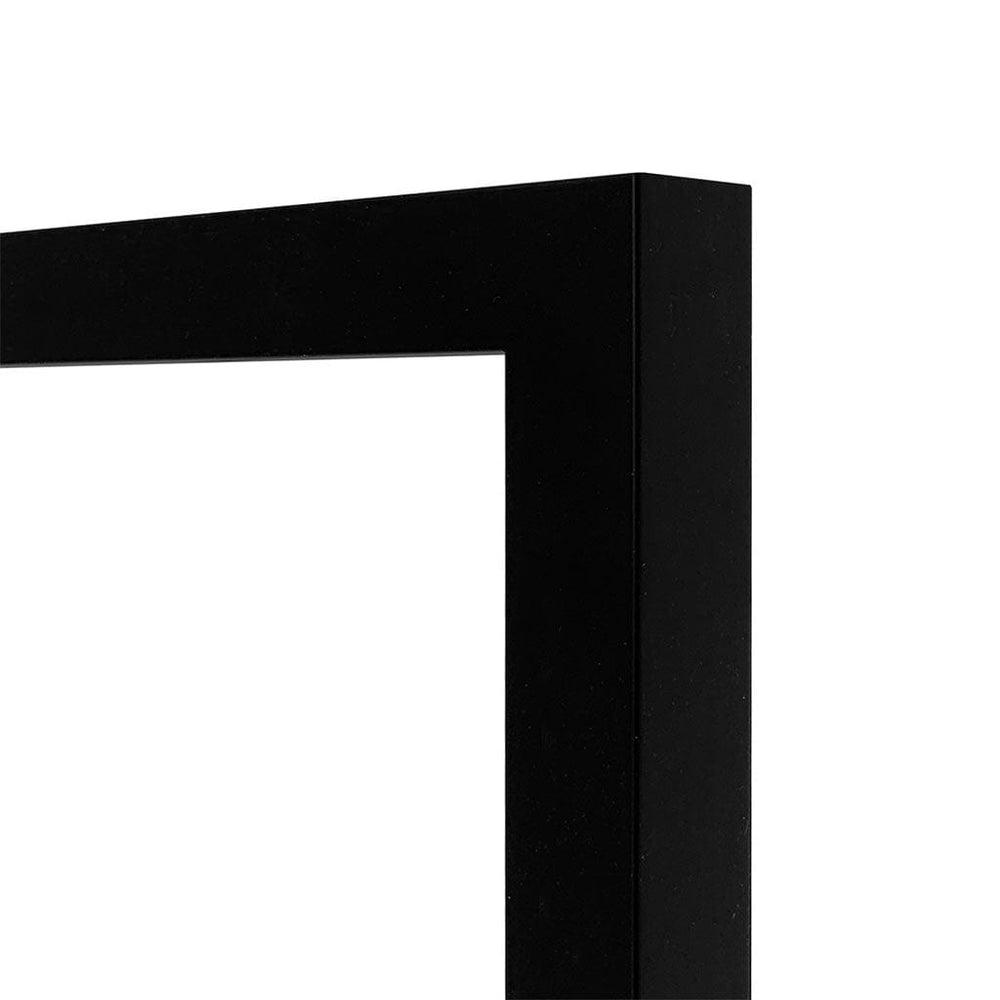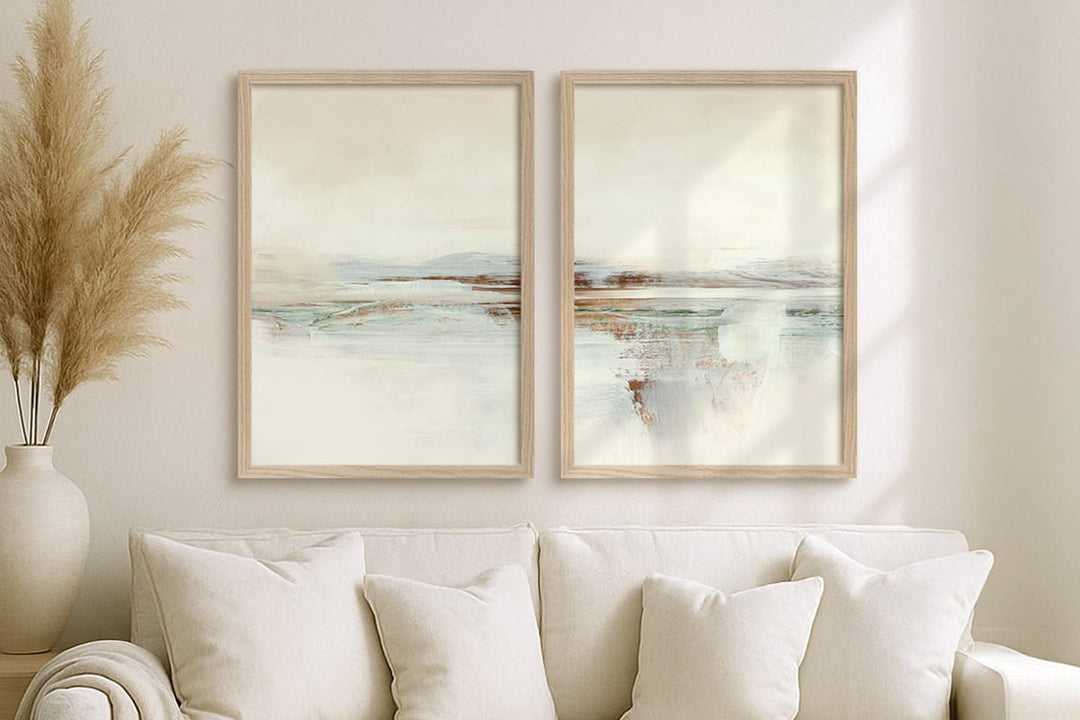Table of Contents
It’s easy to be tempted by a $5 frame at a discount store or while browsing online cheap photo frames. But have you ever wondered why some picture frames are so cheap? In this article, we’ll explain the real reasons behind those low prices and help you decide when cheap is fine, and when it might end up costing you more.
What Makes Cheap Picture Frames So Inexpensive?
1. Low-Cost Materials
Many cheap frames are made using engineered or reconstituted wood (like MDF), plastic (PU) mouldings, or thin acrylic polystyrene (plastic) facing instead of real glass. These materials are inexpensive to produce but may warp, scratch, or even discolour over time.
It’s easy to "cut corners" (pun intended) when it comes to making picture frames. Materials, glazing, and construction methods are often chosen for price over performance.
2. Mass Production in Overseas Factories
Large retailers often source picture frames from high-volume overseas factories, where labour and material costs are lower. While this reduces the shelf price, it also limits quality control, environmental oversight, and durability.
3. Lightweight or Disposable Design
Cheap frames are usually built for short-term display, not long-term preservation. The glazing, backing, and hardware are often thinner and more fragile. Frames may not be strong enough to support heavier contents like glass or mat board, especially in larger sizes.

When Are Cheap Picture Frames OK to Use?
Not all cheap frames are bad. For temporary use, student projects, or items you plan to swap out often, a low-cost frame might be a perfectly practical choice.
Sometimes a framed print is purely decorative, like furniture. That’s where it helps to ask, "How long do I intend to hang this on my wall?" If you’re decorating for the short term, you may only need the frame to last as long as a couch or lamp. But if the image holds sentimental or lasting value, then a better frame is worth the investment.

What to Watch Out for When Buying Cheap Frames
Material Substitutes
Watch for thin plastic "glass" (often polystyrene), synthetic wood-look plastic, or flimsy cardboard backings. These may look fine at first, but often lack strength and long-term stability.
Glazing Issues
Low-end frames often use non-glass, plastic glazing that scratches easily or creates distorted reflection. Some may even yellow over time. Unlike real glass, these materials don’t provide lasting clarity or protection.
Weak Joinery and Fixings
Look for signs of cost-cutting such as stapled corners, loose joins, or flimsy hanging hardware. Flip tabs may bend easily or snap with repeated use, and the frame may not stay square under tension.

How to Spot a Quality Frame (That’s Still Affordable)
1. Solid Timber Frame
A real timber frame adds structure and reliability, even for small sizes. At Profile Australia, all of our timber frames are made better - locally made from sustainably sourced wood, offering natural strength and durability.
2. Real Glass Front
2mm thick real glass offers better scratch resistance and a clear viewing surface. It also adds weight and a more refined feel, especially when compared to thin plastic glazing.
3. Strong Backing and Hanging Hardware
A quality frame includes a solid MDF back, sturdy metal tabs, and proper metal hanging hardware that screws into the frame. These features help the frame stay secure on the wall and make reusing it much easier over time.
4. Made in Australia
Frames that are made in Australia tend to have better quality control and environmental standards. Plus, you’re supporting local craftsmanship and Australian manufacturing. Learn more about our story.

What’s the Cost of Buying the Wrong Frame?
A frame that bends, cracks, or fades may end up costing you more in the long run - especially if it damages the print or artwork inside. For items you value, it’s worth choosing a frame that’s built to last.
Instead of choosing the cheapest option available, look for a frame that offers the right balance of quality and price. You’ll enjoy a better display, better protection, and greater peace of mind.
Quality vs Cheap Picture Frames: What’s the Difference?
If you're deciding between a cheap frame and something more durable, this side-by-side comparison highlights what to look for in terms of materials, construction, and long-term value.
| Feature | Cheap Frame | Quality Frame |
|---|---|---|
| Frame Material | MDF, plastic, or PU moulding | Solid timber, sustainably sourced |
| Glazing | Thin plastic (polystyrene) | 2mm real glass |
| Backing | Lightweight cardboard or thin MDF | Full 3mm MDF backing board or foamboard |
| Joinery & Construction | Poorly stapled - loose joins, rough cut or open corners, or weak tabs & fixings. | Properly joined, firm and tight corners, secure and strong tabs |
| Hanging Hardware | Often missing or basic clips or sawtooth hangers | Metal D-rings, screws and real hanging wire |
| Longevity | Short-term, decorative use | Built to last and reusable |
| Made In | Mass-produced overseas | Handcrafted in Australia |
Choosing the Right Frame for the Right Job
Some picture frames are cheap for a reason. If your photo, print, or artwork means something to you, it’s worth taking the time to choose a frame that will support it properly.
At Profile Australia, we focus on well-made frames that are affordable, long-lasting, and made to be proudly displayed.
Looking for more practical advice on framing and saving money? These articles are a great place to start:


